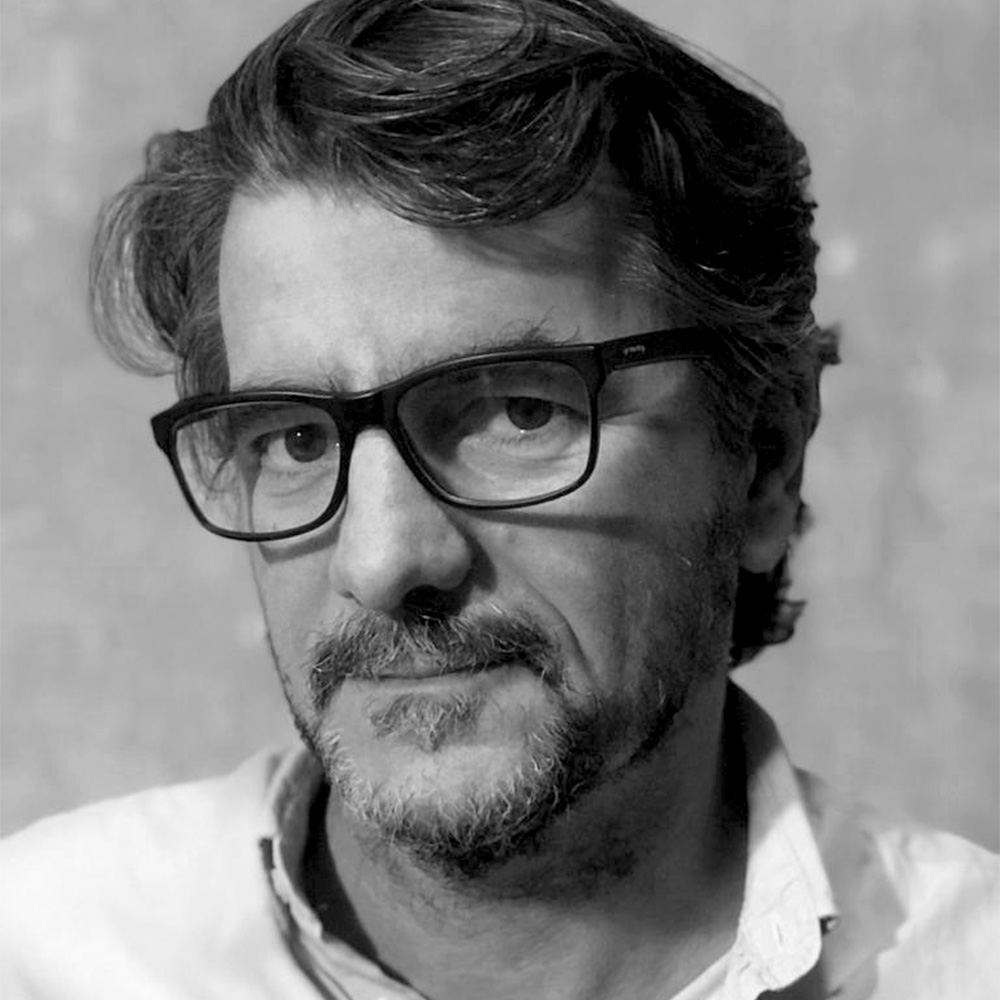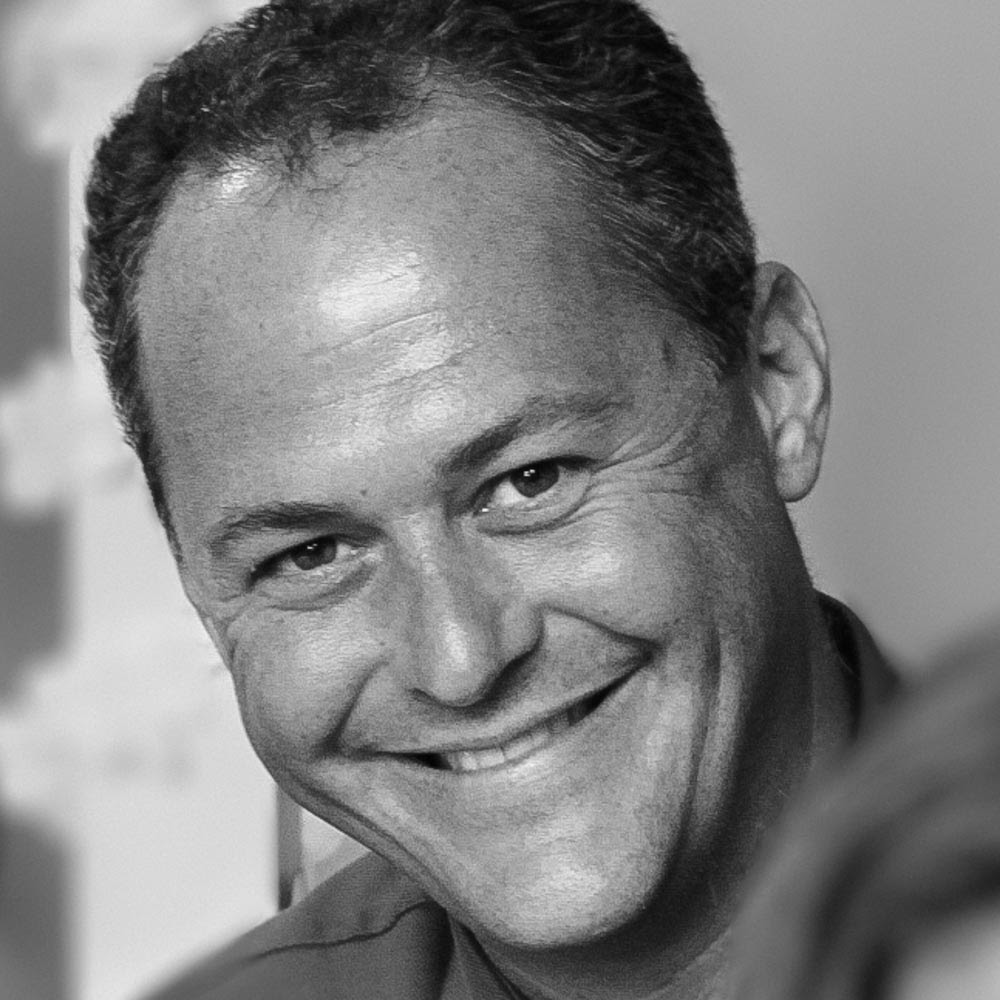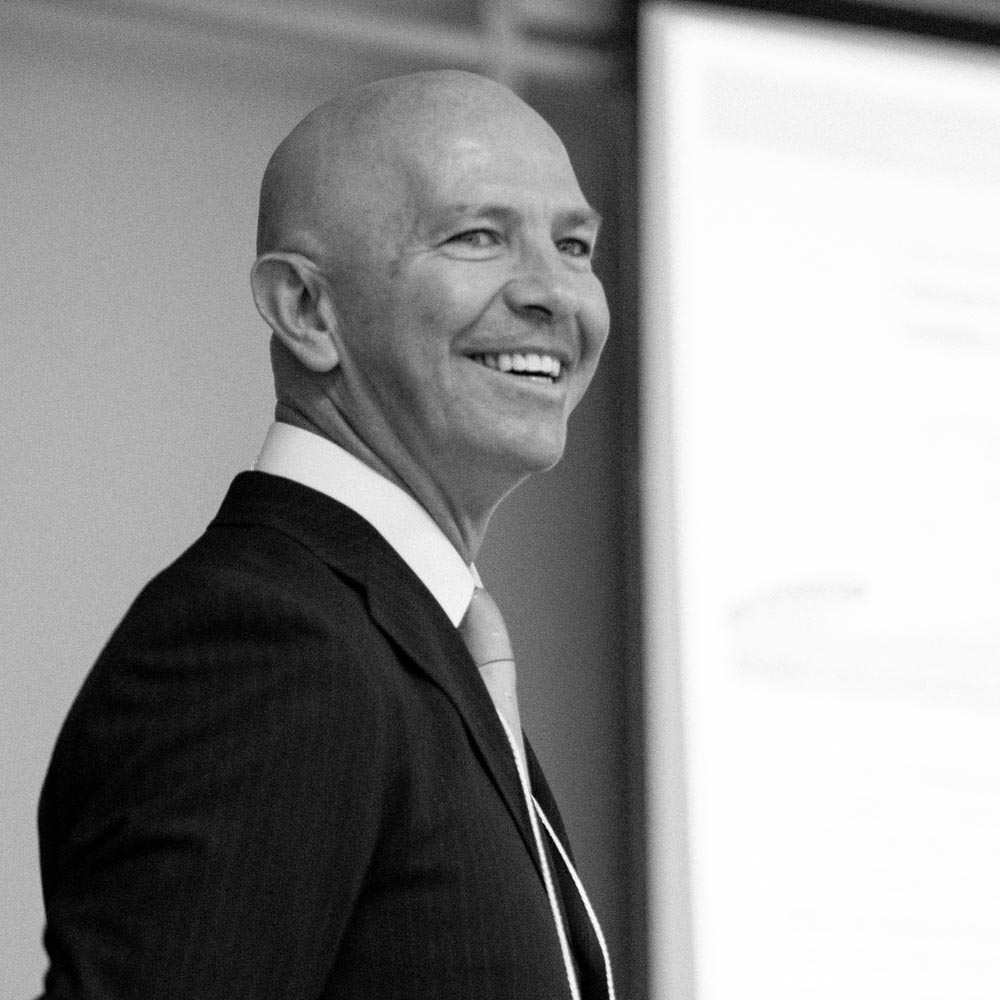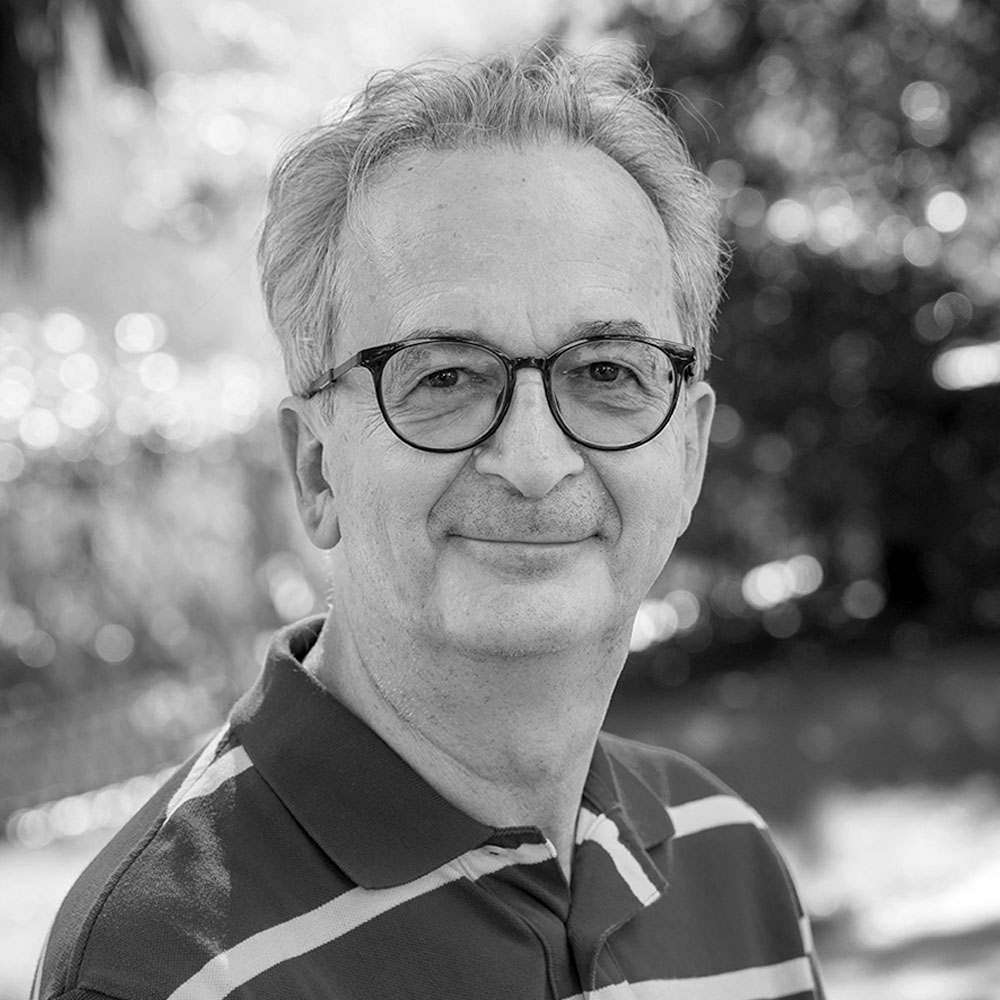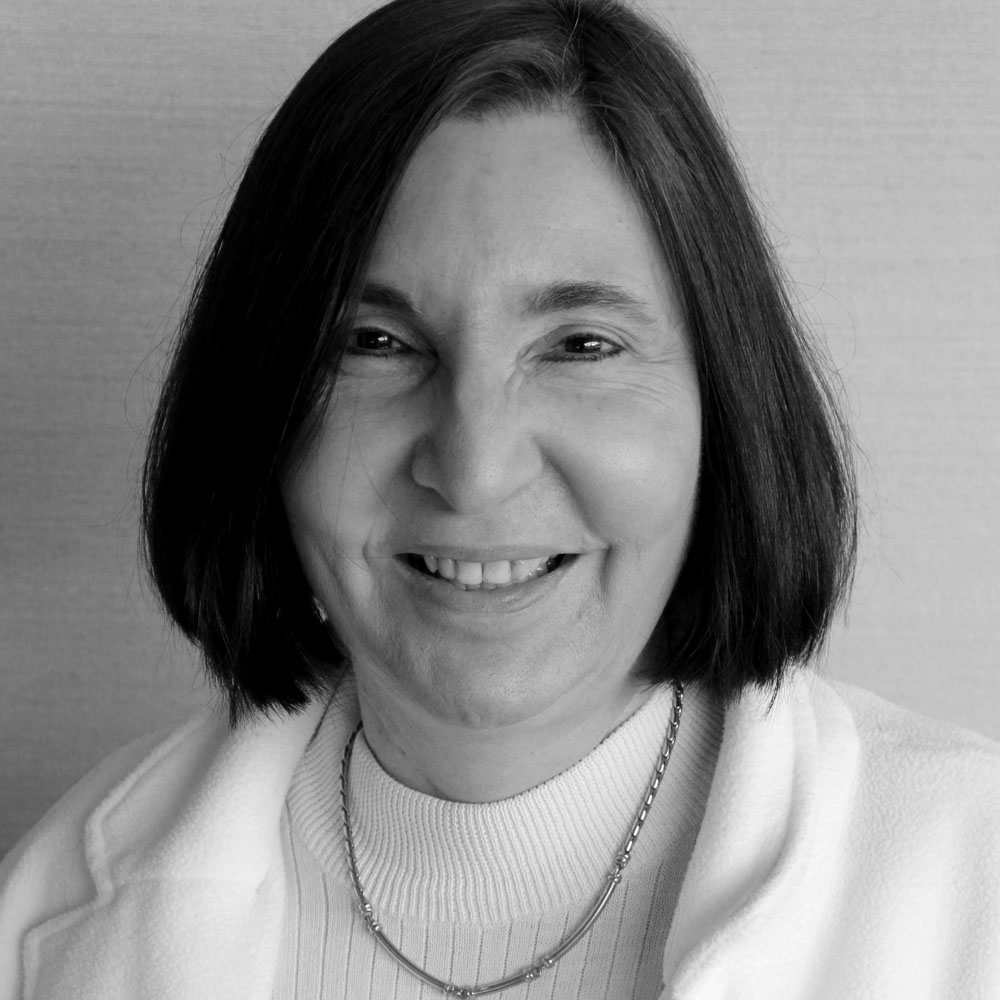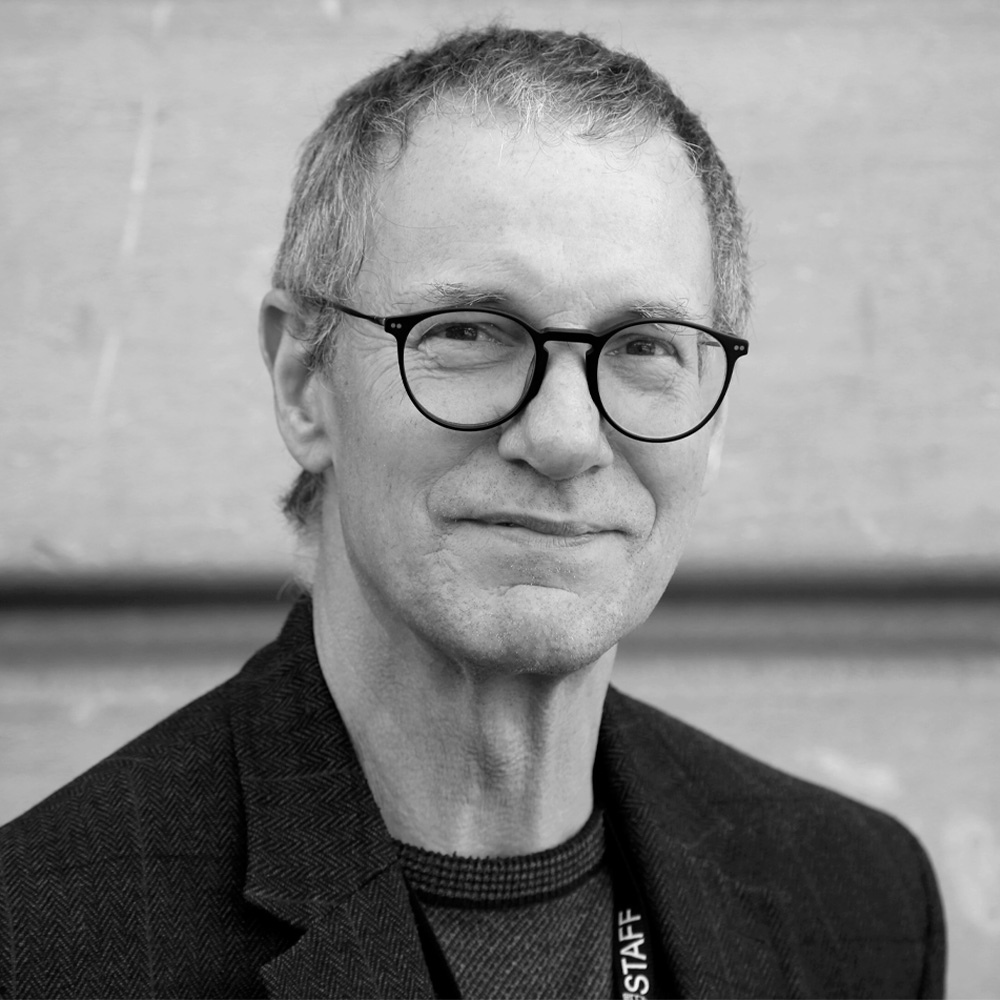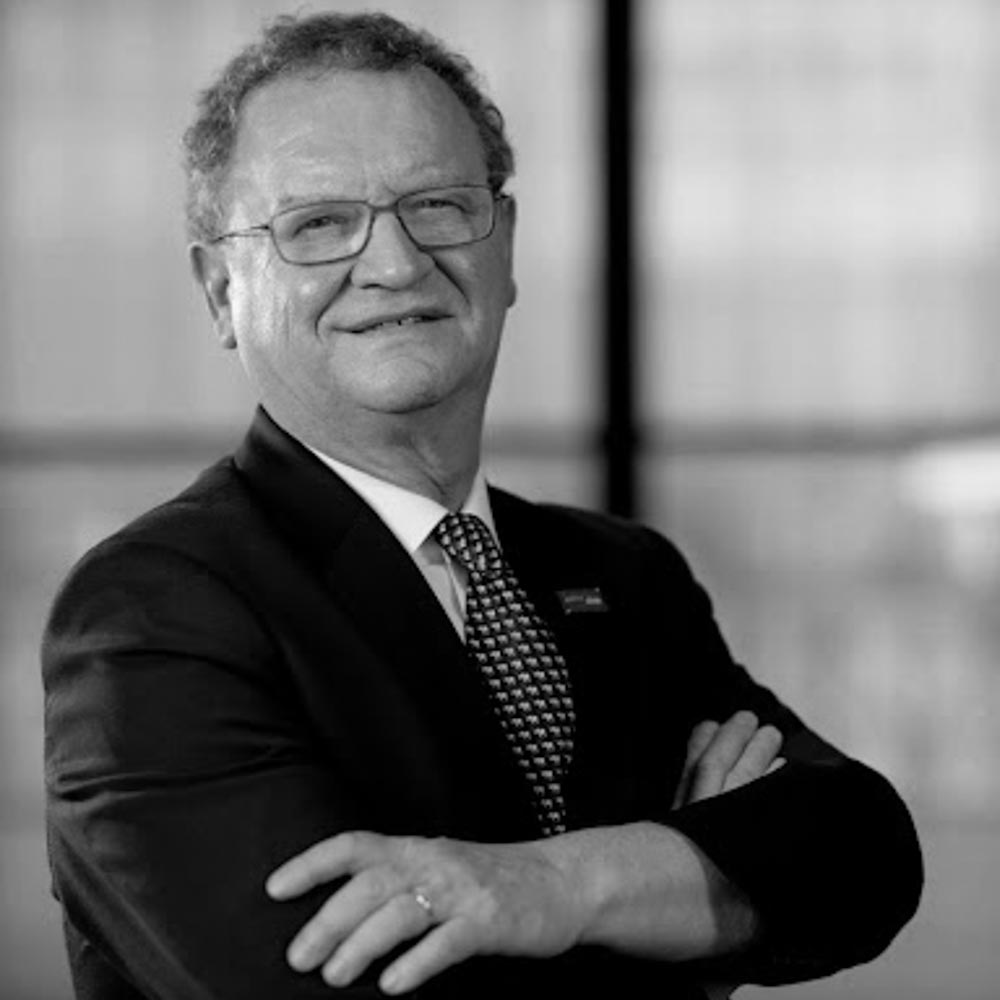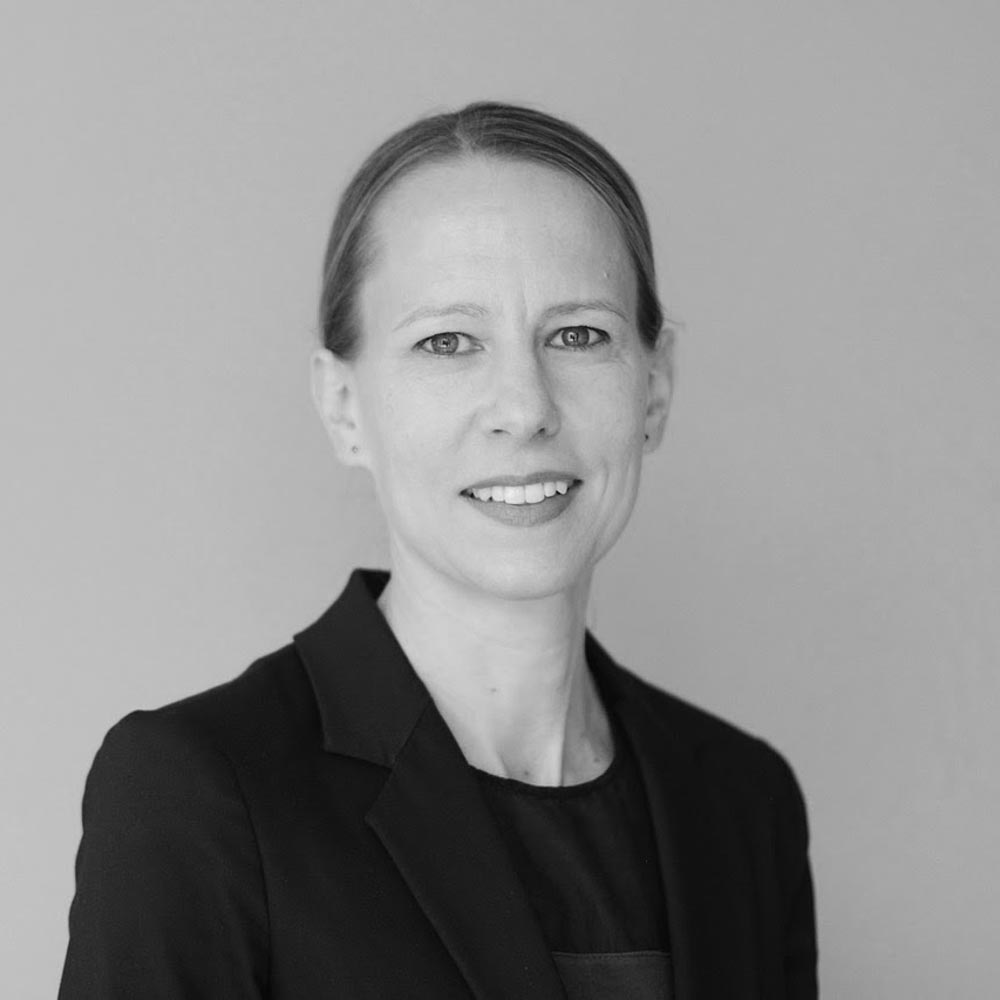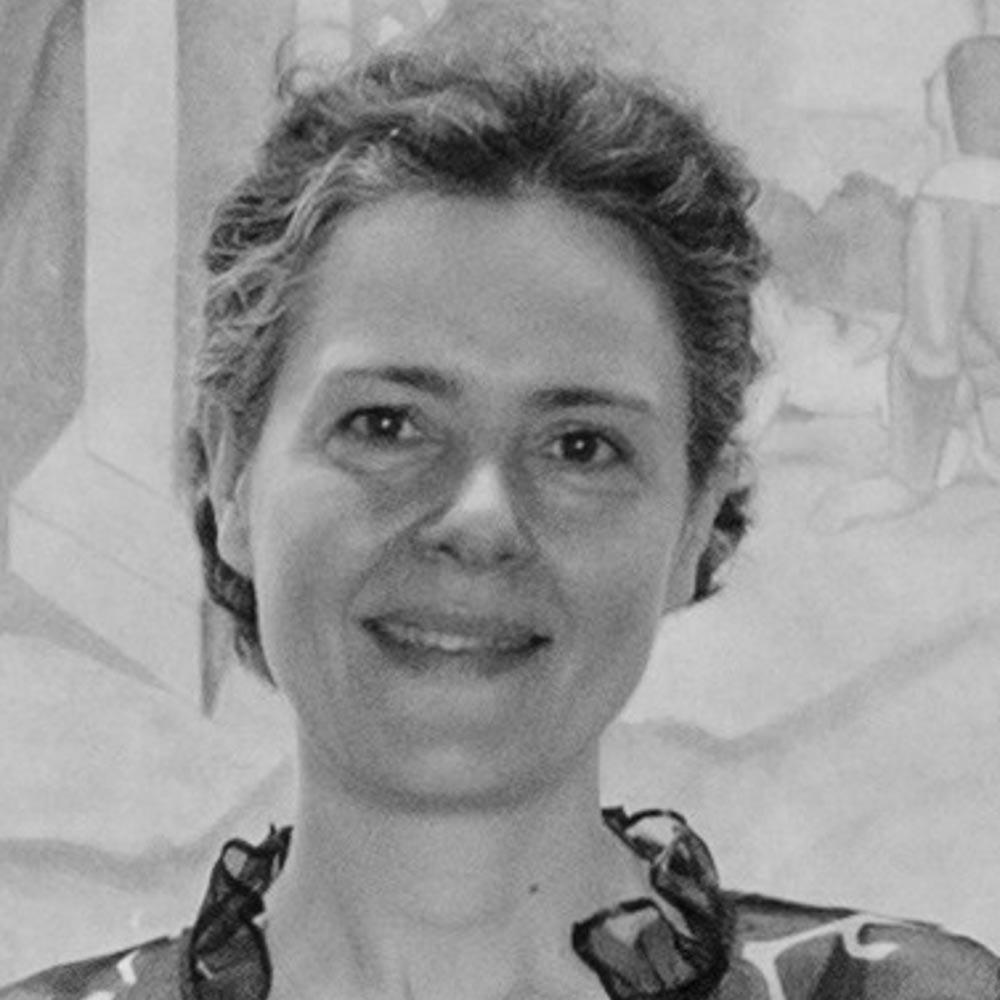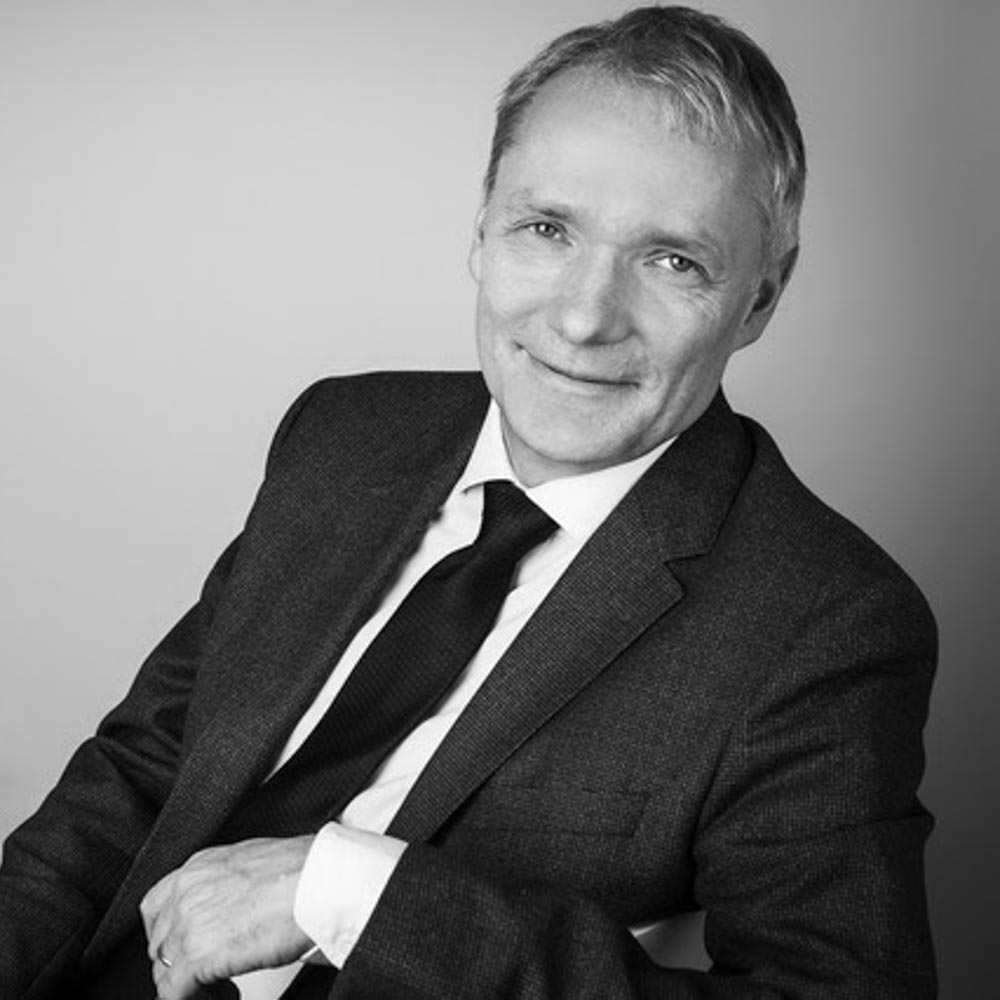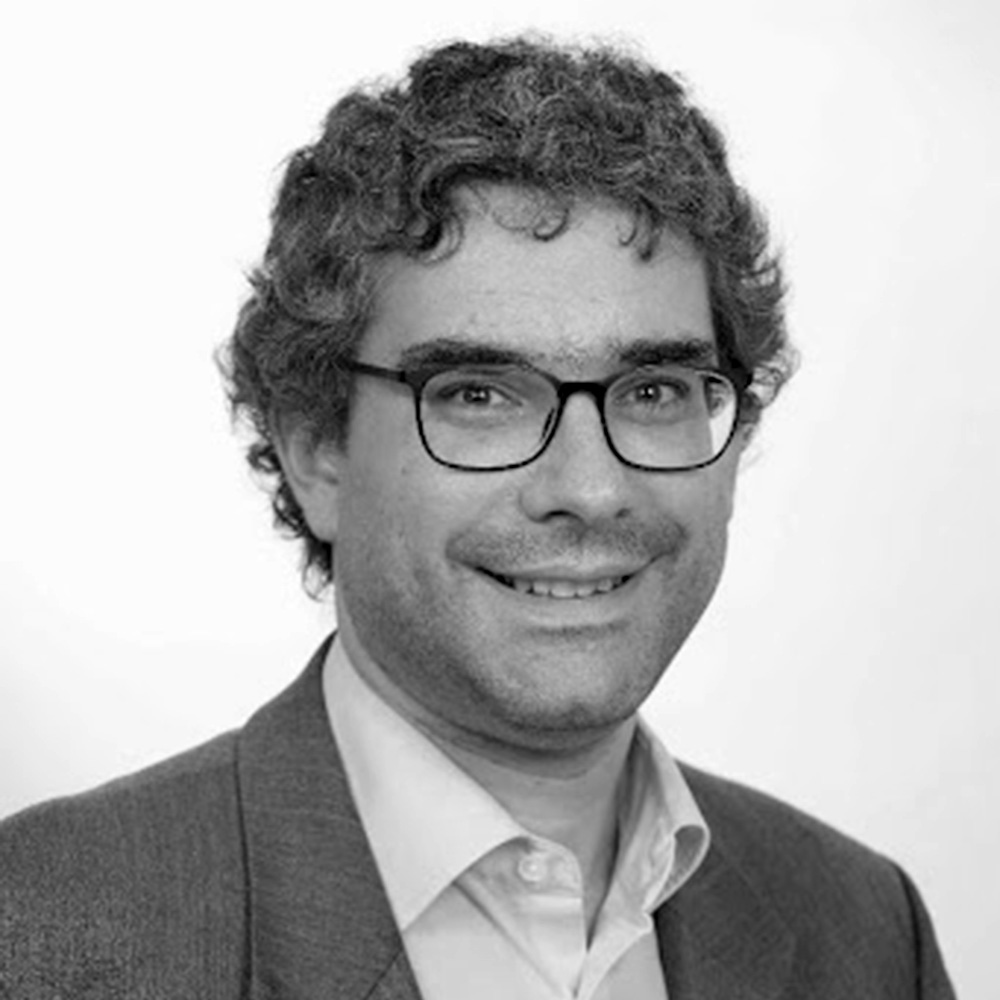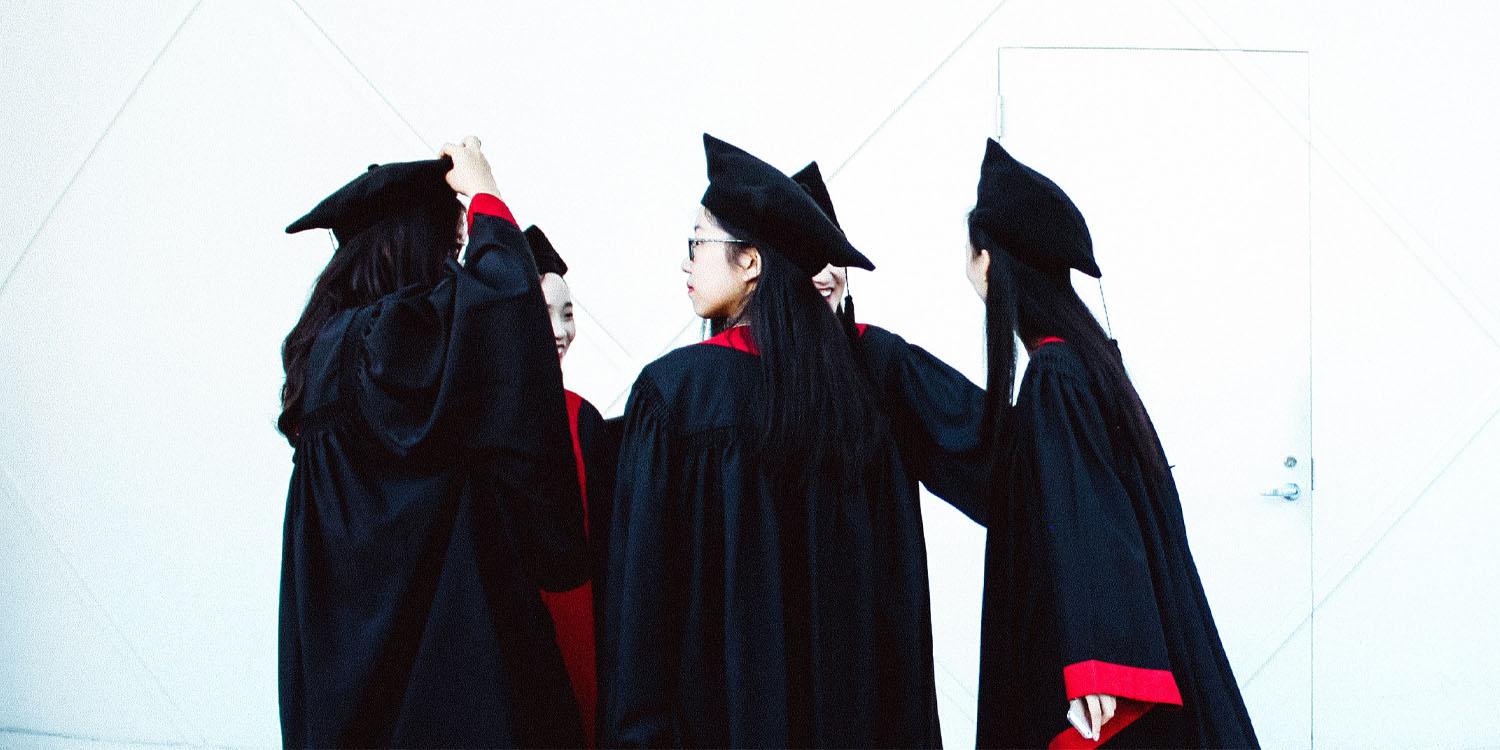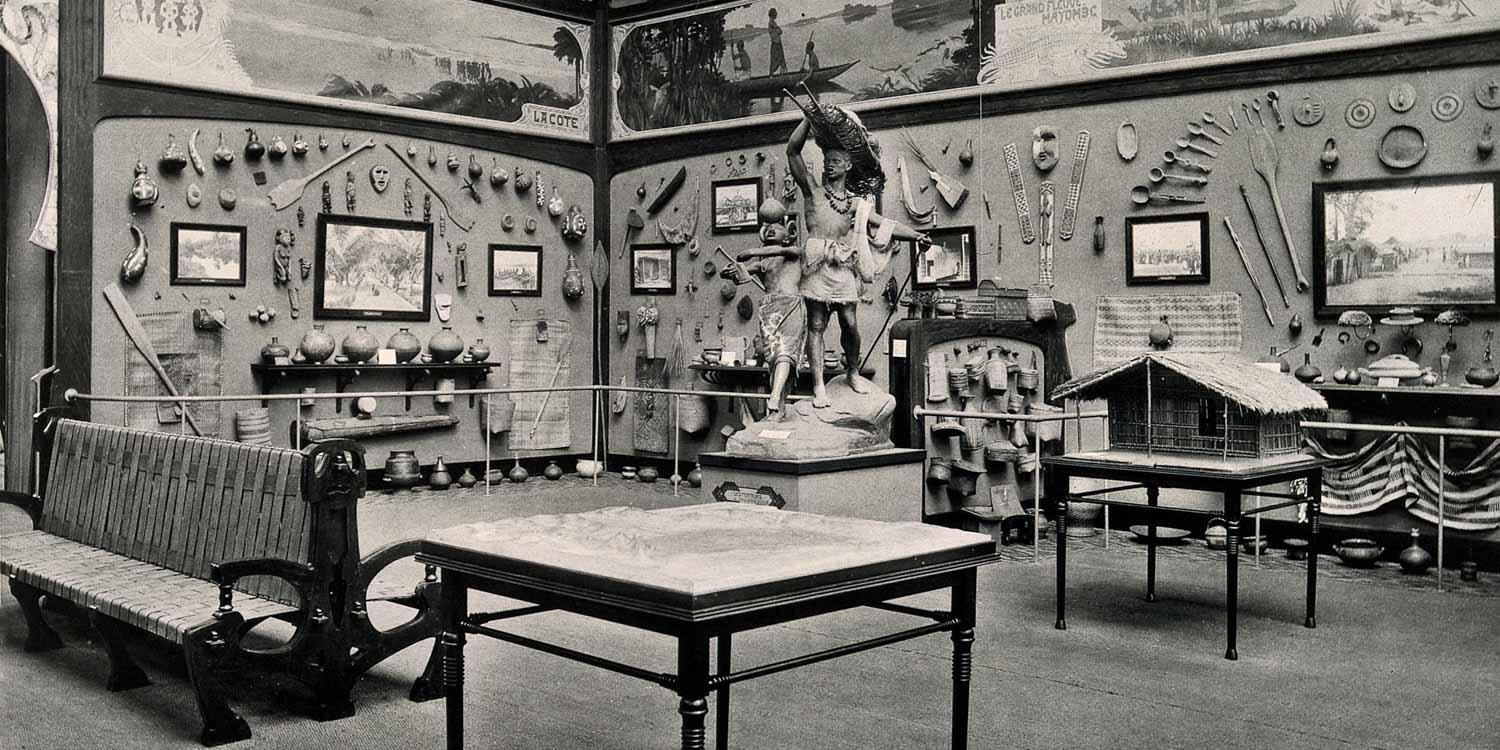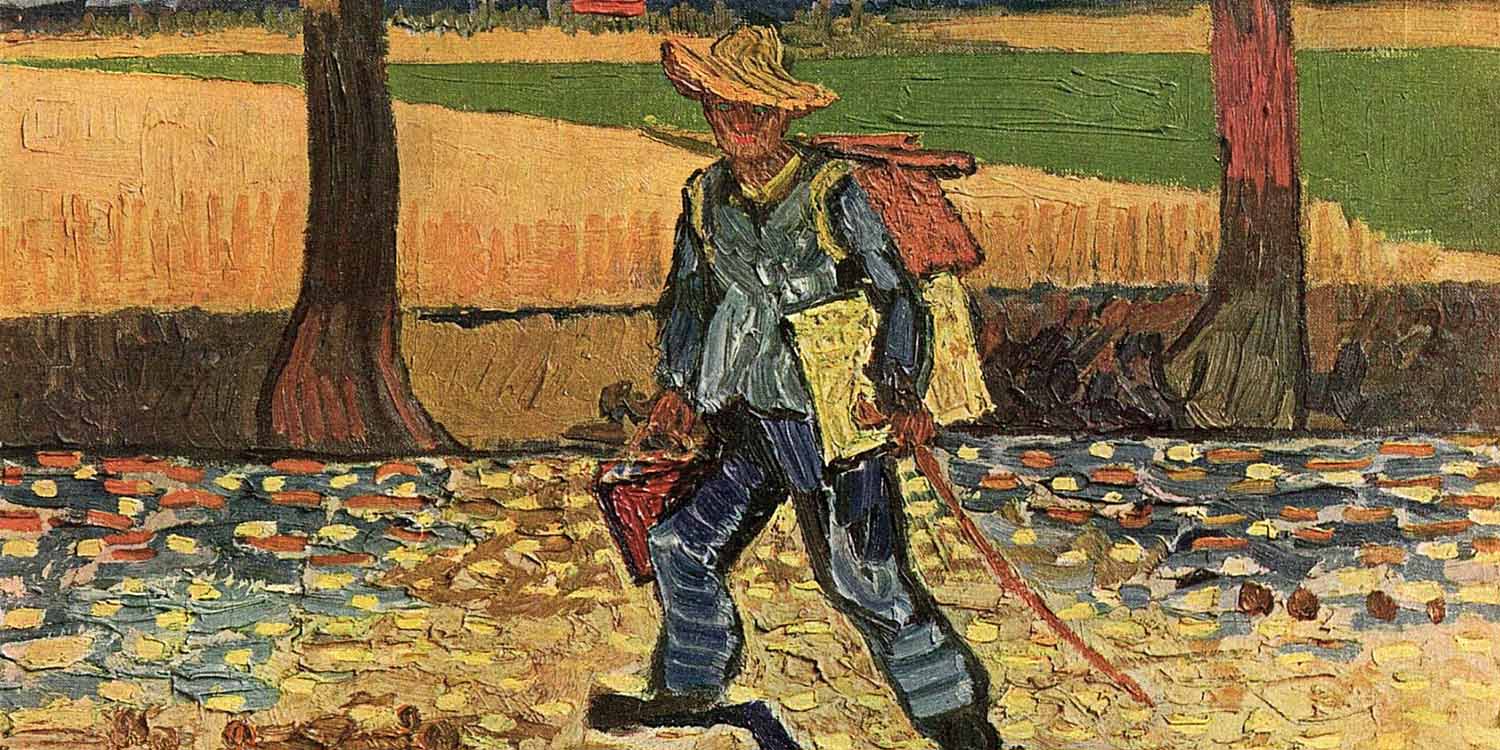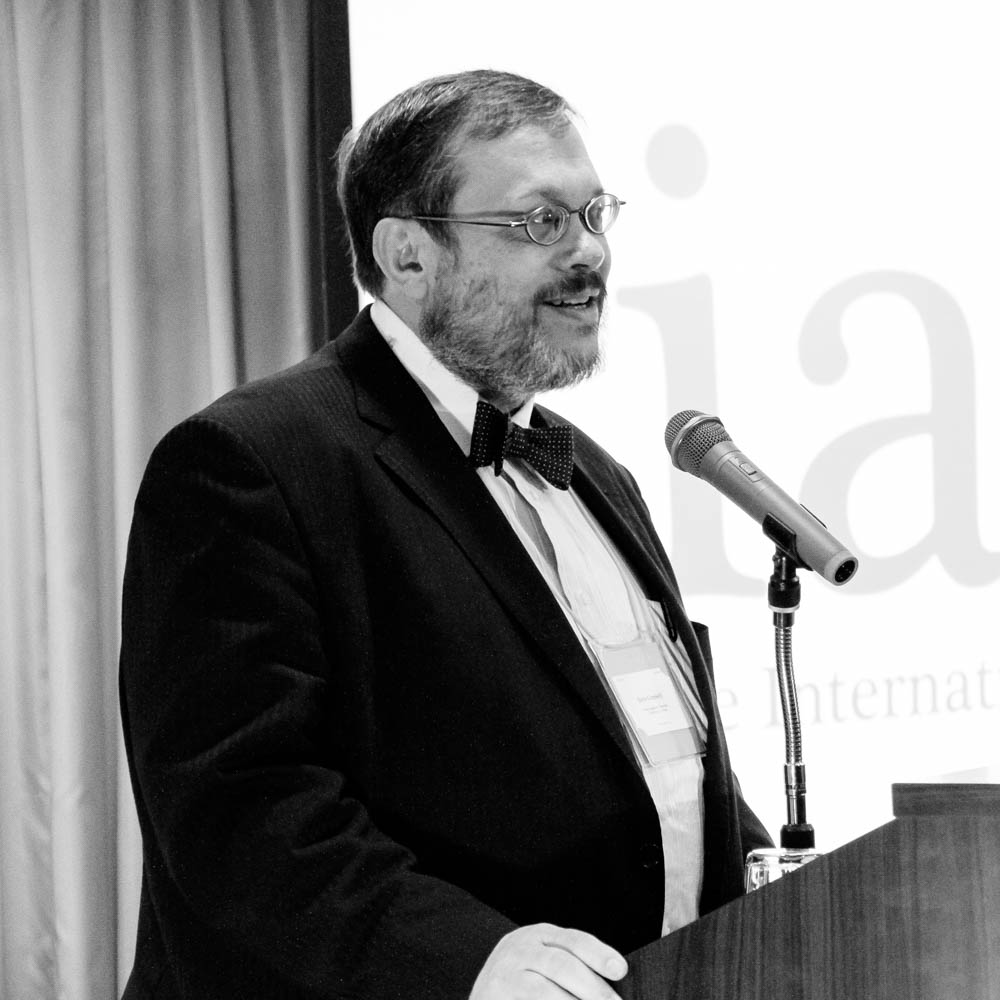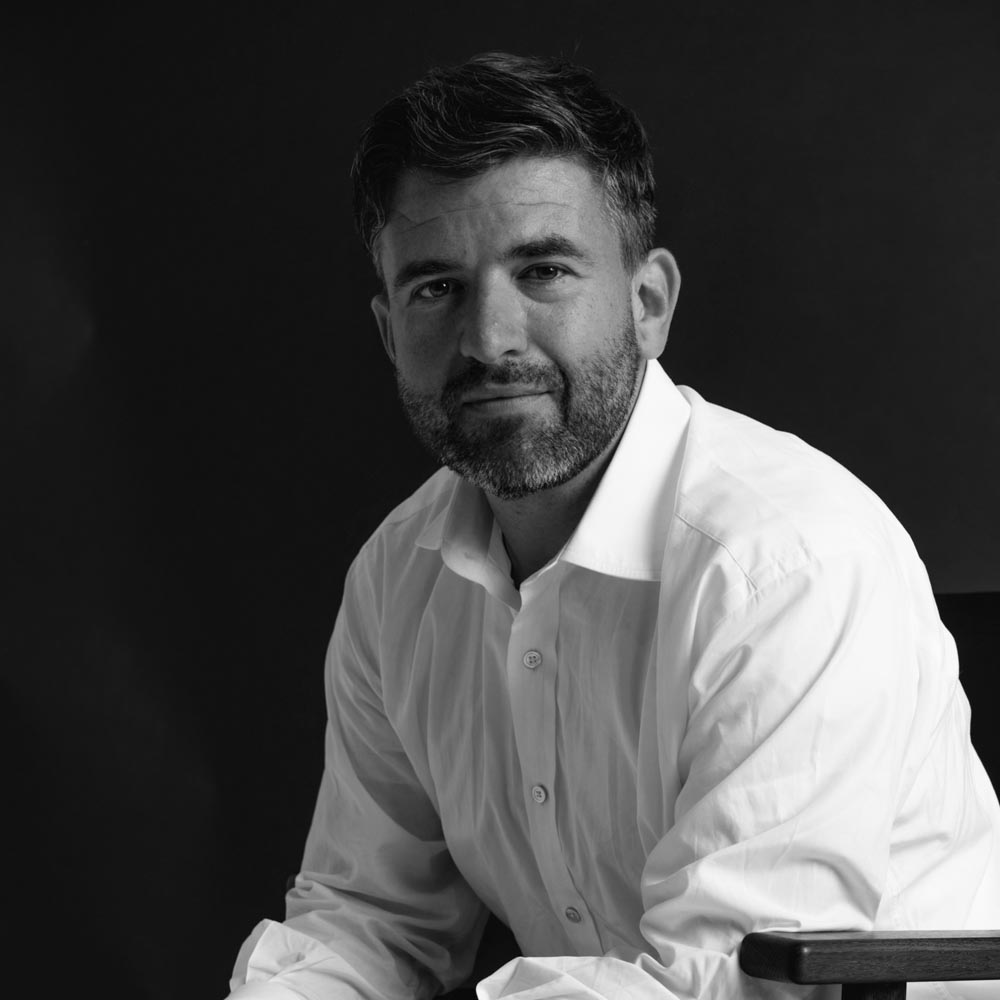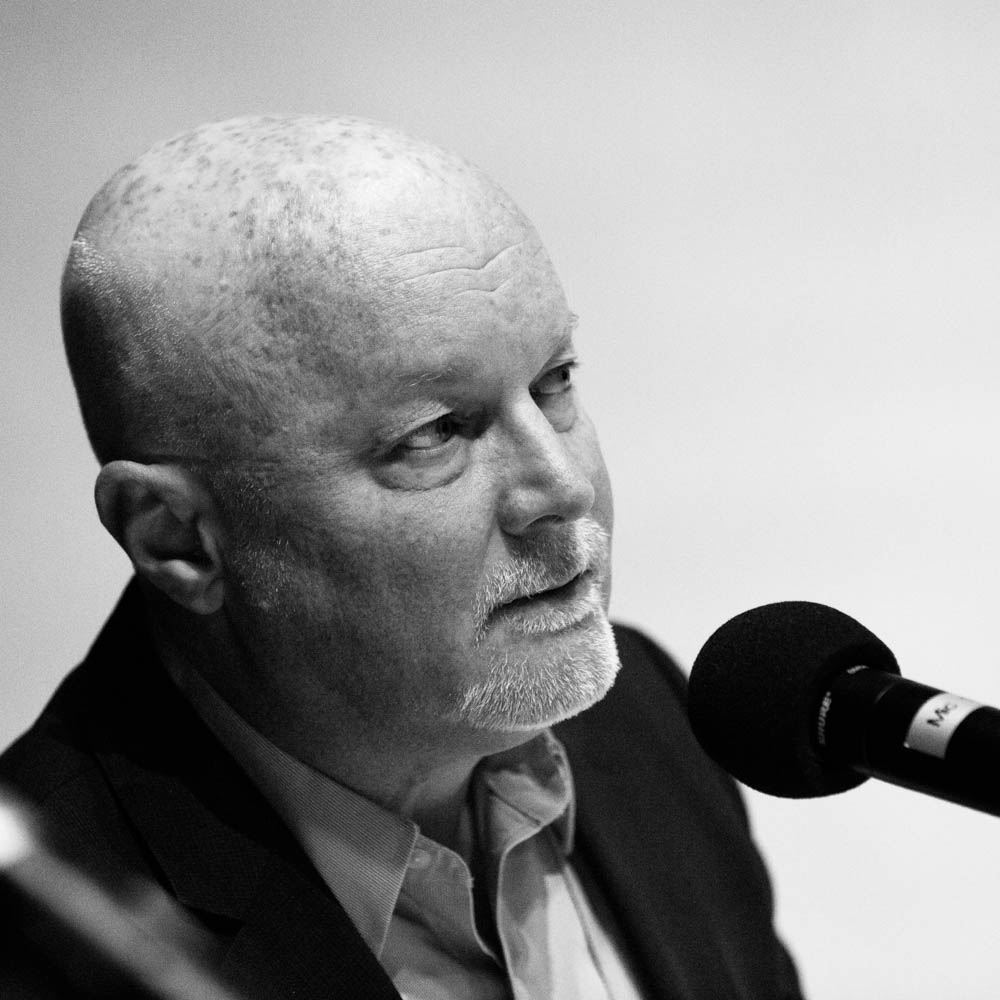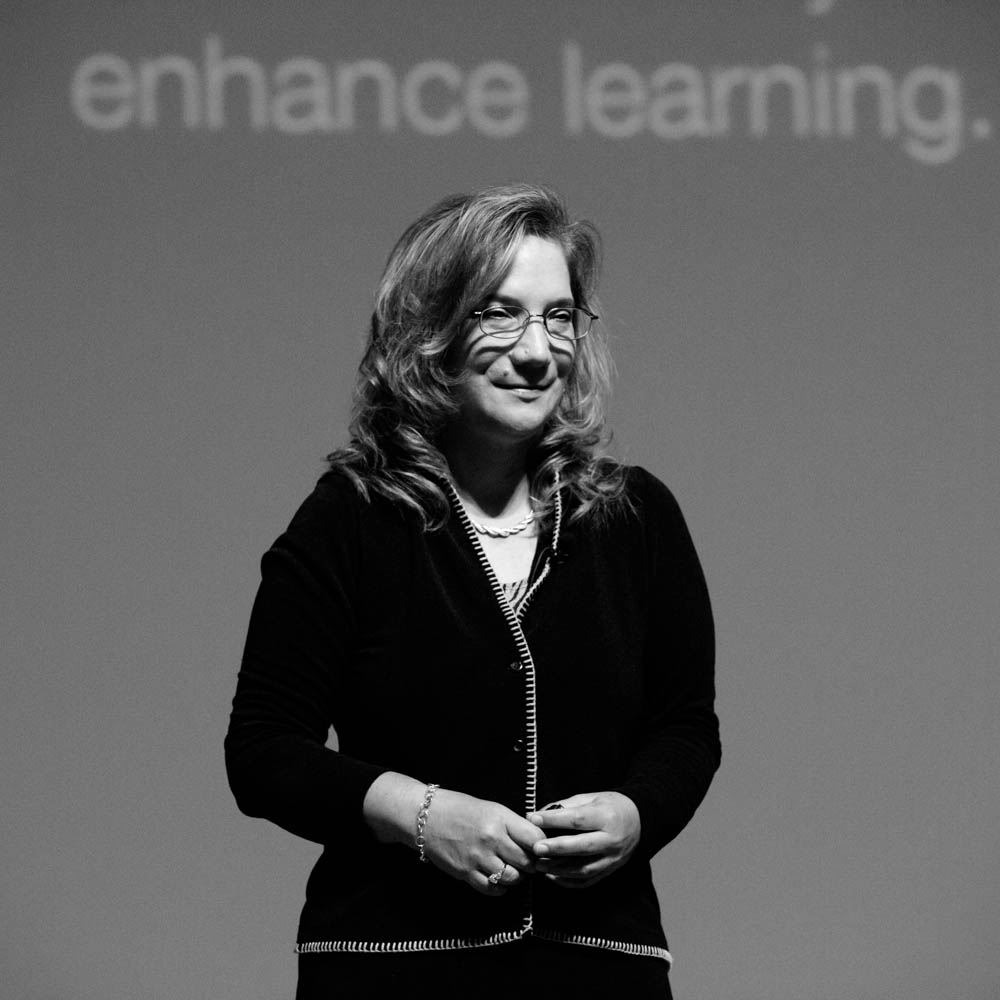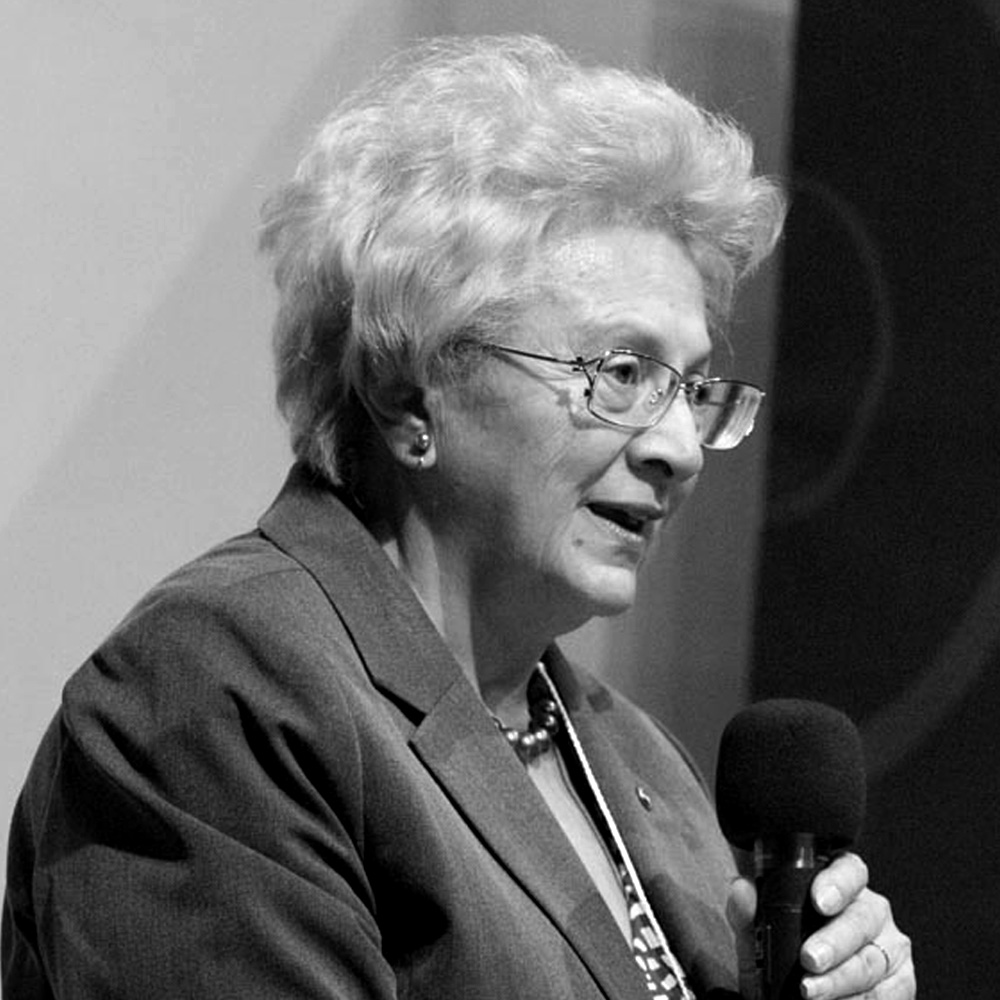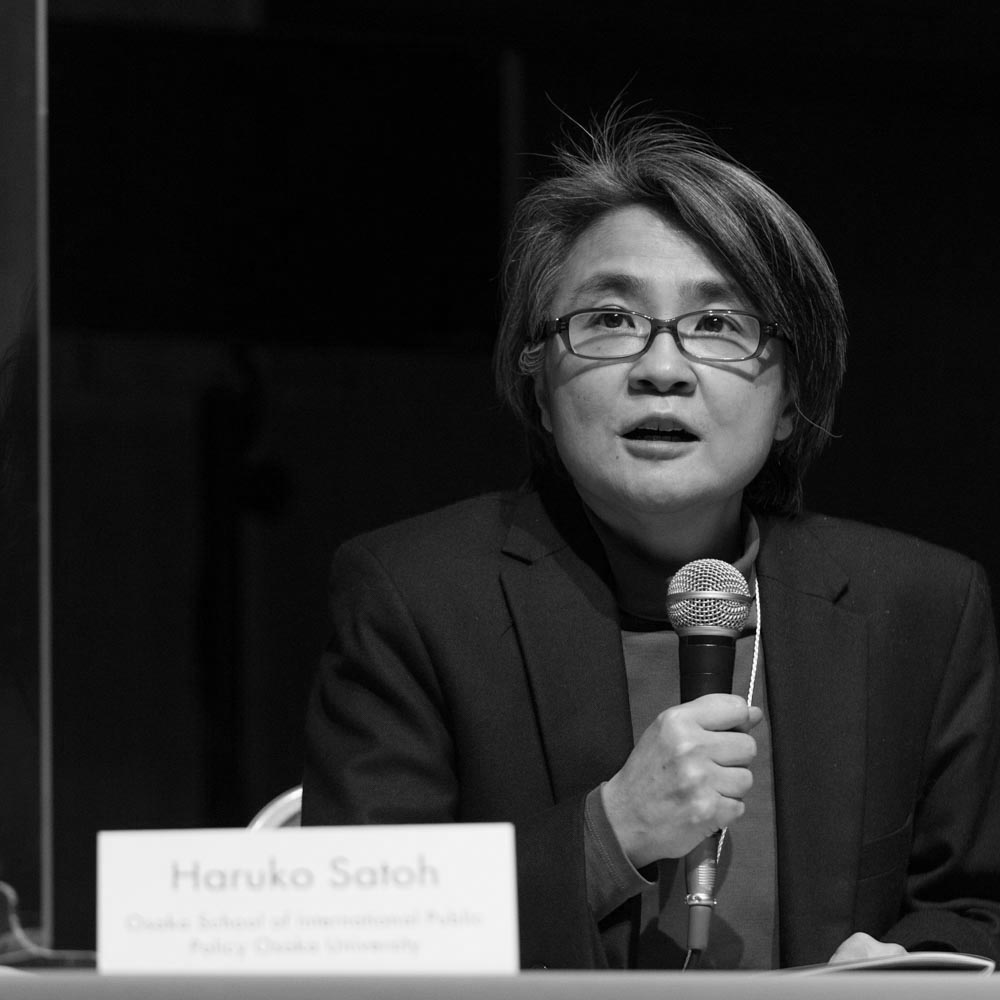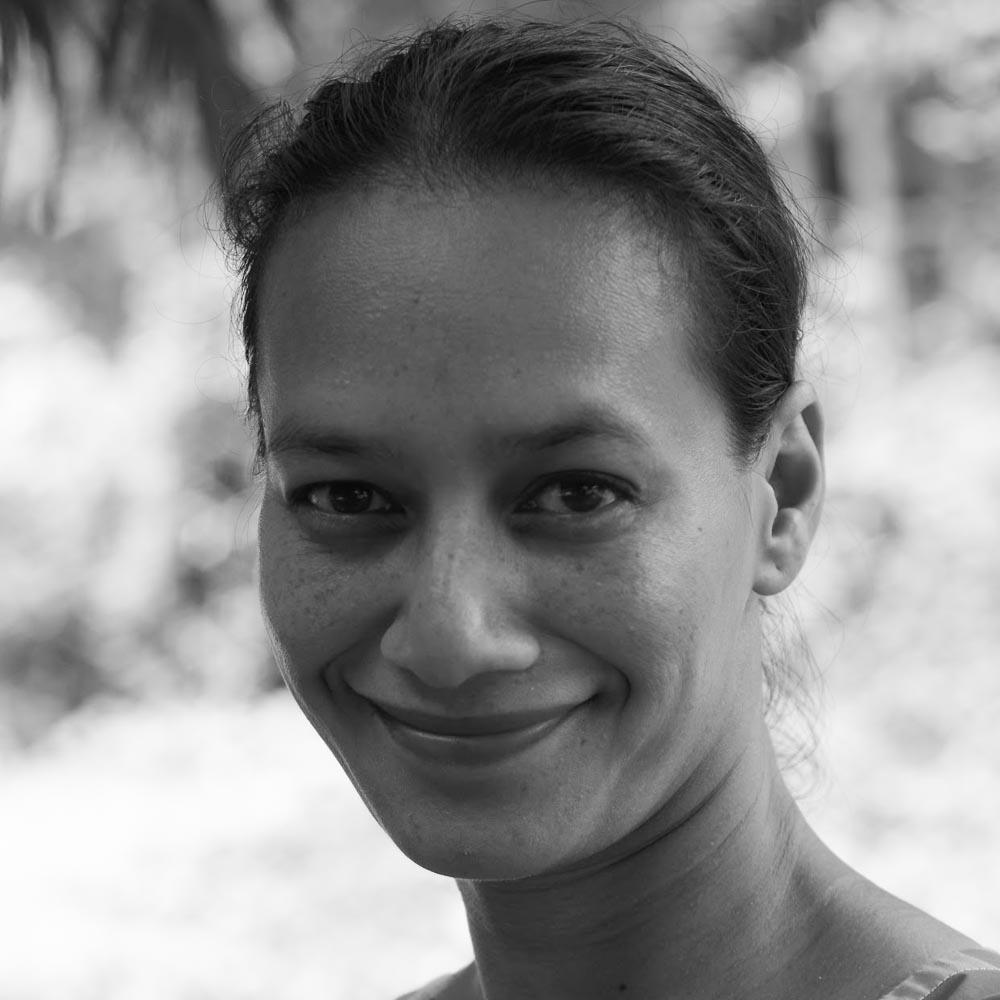PCAH2022
June 16-19, 2022 | La Maison de la Chimie, Paris, France
Speakers
-
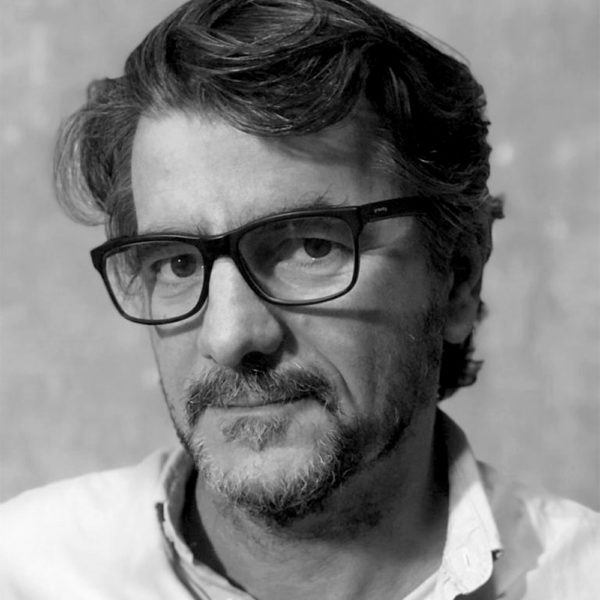 Martín AielloNational University of Tres de Febrero (UNTREF), Argentina
Martín AielloNational University of Tres de Febrero (UNTREF), Argentina -
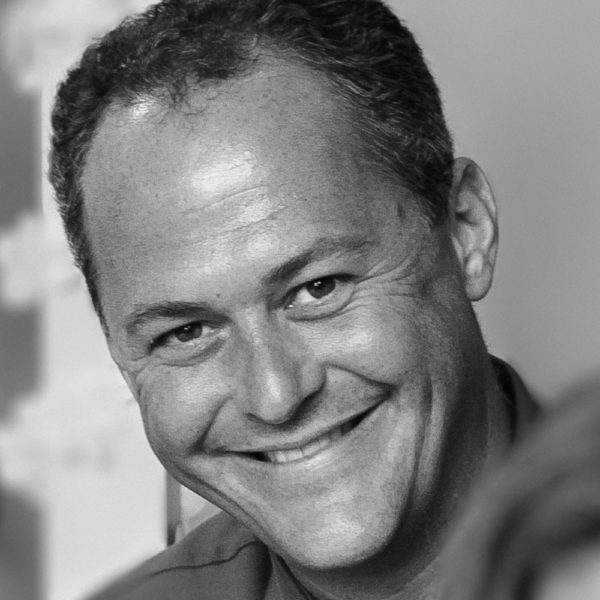 Jared BaxterIndependent Researcher, United States
Jared BaxterIndependent Researcher, United States -
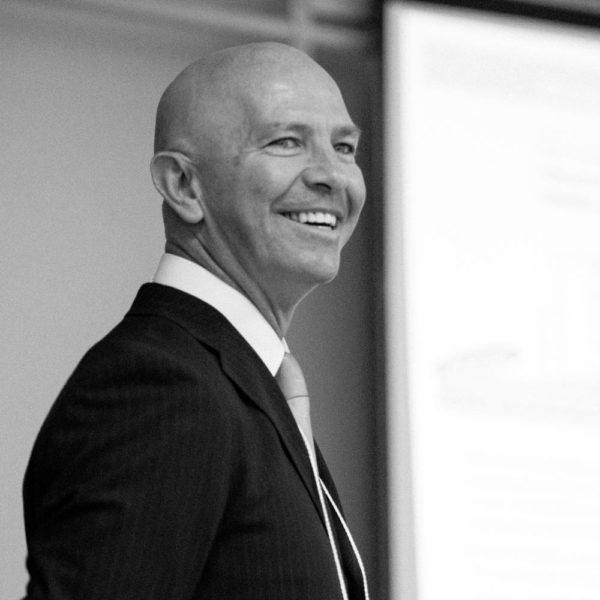 Grant BlackChuo University, Japan
Grant BlackChuo University, Japan -
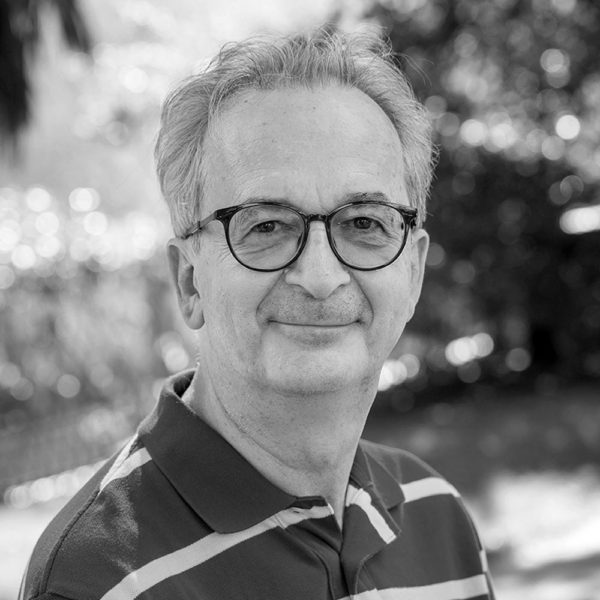 Georges DepeyrotFrench National Center for Scientific Research (CNRS), France
Georges DepeyrotFrench National Center for Scientific Research (CNRS), France -
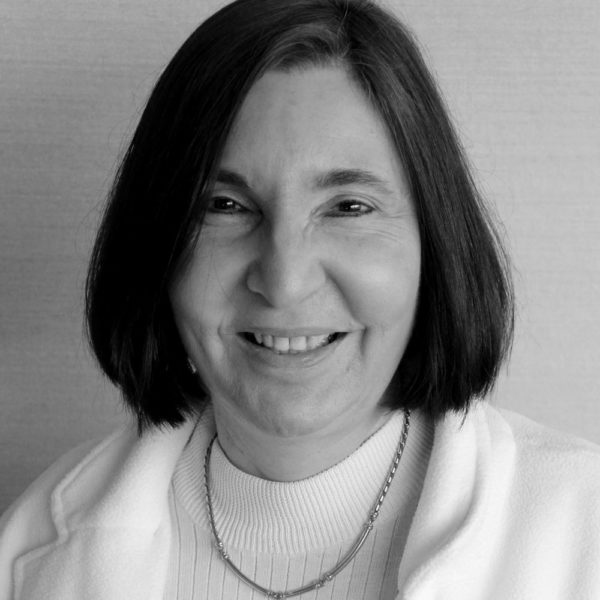 Dominique M. GalliNational University of Tres de Febrero (UNTREF), Argentina
Dominique M. GalliNational University of Tres de Febrero (UNTREF), Argentina -
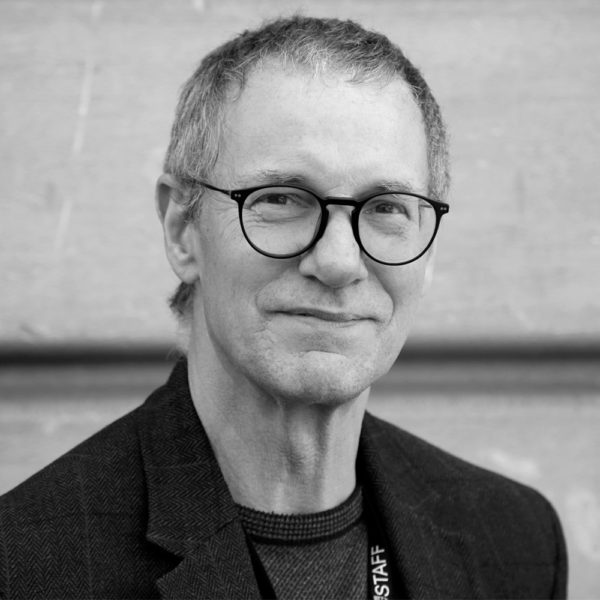 Tim GoreUniversity of London Institute in Paris, France
Tim GoreUniversity of London Institute in Paris, France -
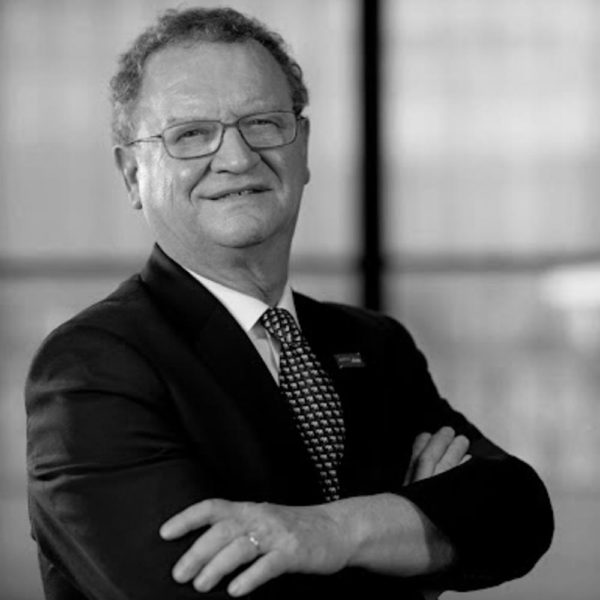 Guido GryseelsRoyal Museum for Central Africa (RMCA), Belgium
Guido GryseelsRoyal Museum for Central Africa (RMCA), Belgium -
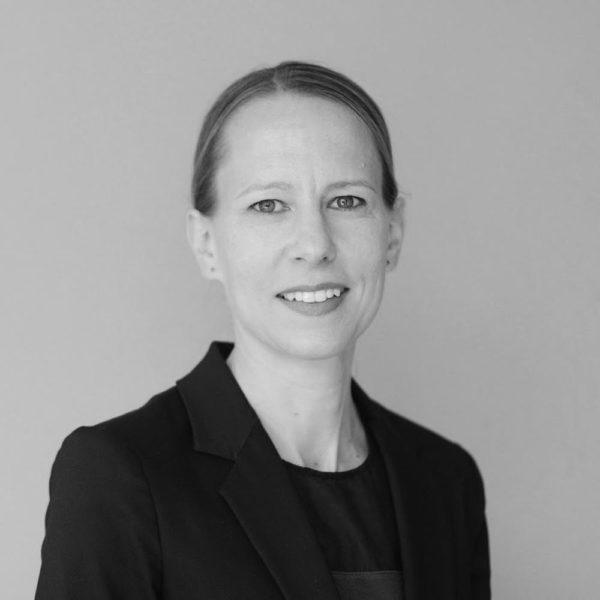 Judith LehmannHeinrich Böll Foundation, Germany
Judith LehmannHeinrich Böll Foundation, Germany -
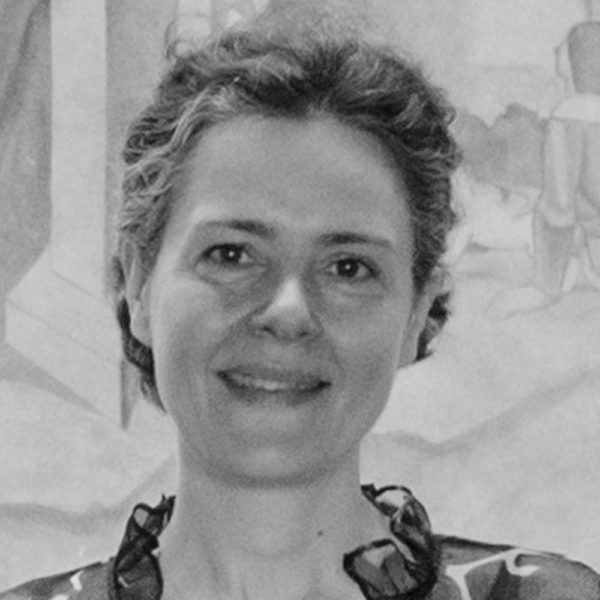 Anne LiskenneLa Grande Chancellerie de la Légion d’Honneur, France
Anne LiskenneLa Grande Chancellerie de la Légion d’Honneur, France -
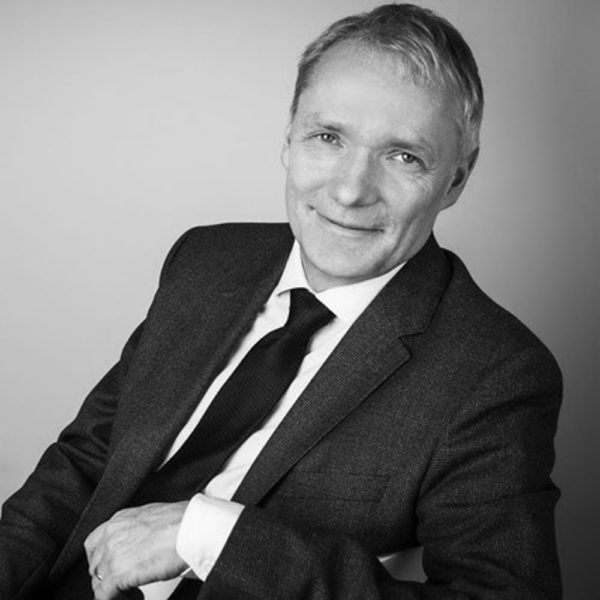 Harald A. MiegHumboldt-Universität zu Berlin, Germany
Harald A. MiegHumboldt-Universität zu Berlin, Germany -
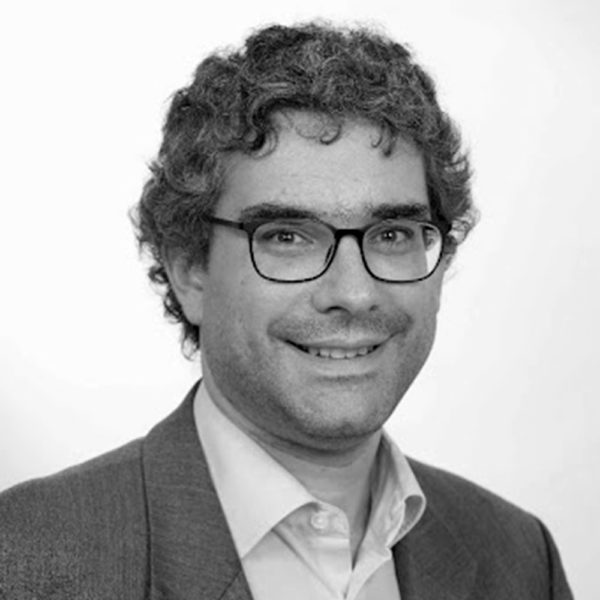 Paul VoerkelFriedrich Schiller University Jena, Germany
Paul VoerkelFriedrich Schiller University Jena, Germany
Programme
-
 Knowledge sans FrontièresKeynote Presentation: Tim Gore, University of London Institute in Paris, France
Knowledge sans FrontièresKeynote Presentation: Tim Gore, University of London Institute in Paris, France -
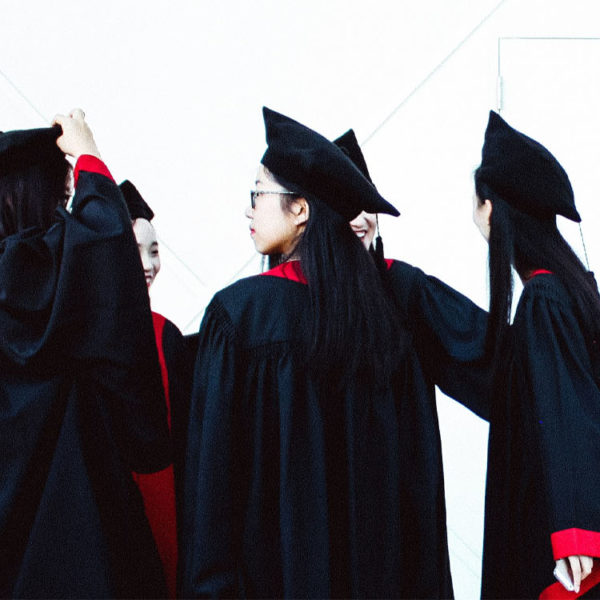 Undergraduate Research – Best Practices from an International PerspectivePanel Presentation: Martín Aiello, Dominique M. Galli & Harald A. Mieg, Paul Voerkel
Undergraduate Research – Best Practices from an International PerspectivePanel Presentation: Martín Aiello, Dominique M. Galli & Harald A. Mieg, Paul Voerkel -
 Presentation and International Discussion on The Cambridge Handbook of Undergraduate ResearchPanel Presentation: Grant Black, Judith Lehmann & Harald A. Mieg
Presentation and International Discussion on The Cambridge Handbook of Undergraduate ResearchPanel Presentation: Grant Black, Judith Lehmann & Harald A. Mieg -
 From Nazi Spoliations to Ongoing Restitutions in the 21st Century, an Official French Cultural Point of ViewKeynote Presentation: Anne Liskenne
From Nazi Spoliations to Ongoing Restitutions in the 21st Century, an Official French Cultural Point of ViewKeynote Presentation: Anne Liskenne -
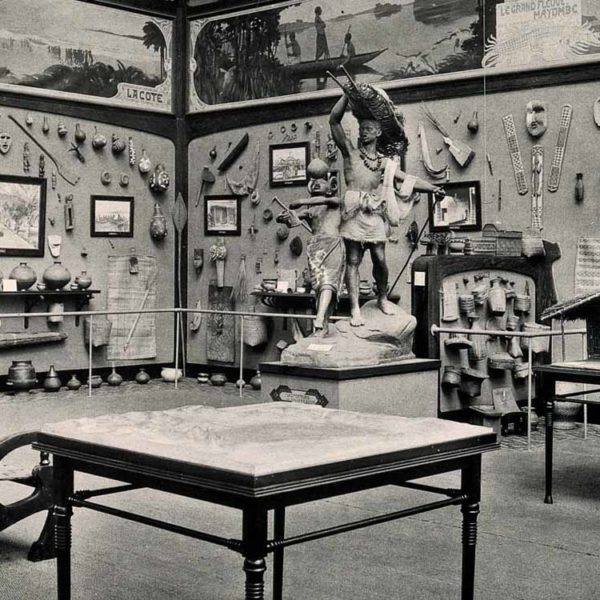 Restitution of African Cultural Heritage and Its ChallengesKeynote Presentation: Guido Gryseels
Restitution of African Cultural Heritage and Its ChallengesKeynote Presentation: Guido Gryseels -
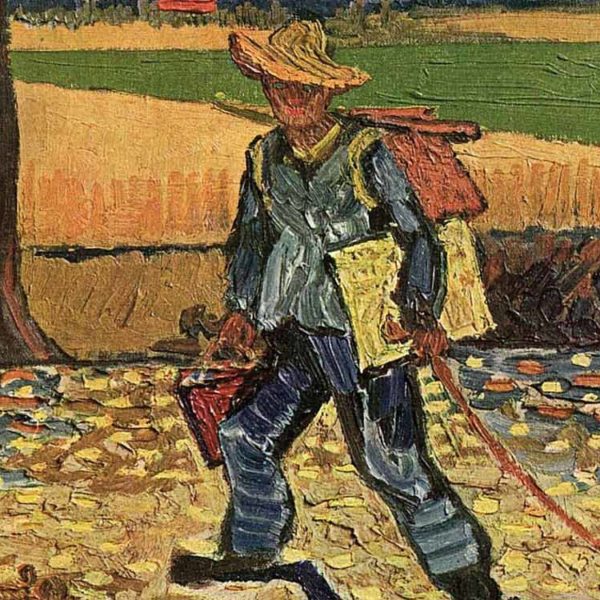 Vincent van Gogh and the Allegory of the RoadFeatured Presentation: Jared Baxter
Vincent van Gogh and the Allegory of the RoadFeatured Presentation: Jared Baxter -
 Whose Heritage? Reconsidering the Museum as a Global CommonsPanel Presentation: Anne Liskenne & Guido Gryseels
Whose Heritage? Reconsidering the Museum as a Global CommonsPanel Presentation: Anne Liskenne & Guido Gryseels
Organising Committee
The Conference Programme Committee is composed of distinguished academics who are experts in their fields. Conference Programme Committee members may also be members of IAFOR's International Academic Board. The Organising Committee is responsible for nominating and vetting Keynote and Featured Speakers; developing the conference programme, including special workshops, panels, targeted sessions, and so forth; event outreach and promotion; recommending and attracting future Conference Programme Committee members; working with IAFOR to select PhD students and early career academics for IAFOR-funded grants and scholarships; and overseeing the reviewing of abstracts submitted to the conference.
-
 Grant BlackChuo University, Japan
Grant BlackChuo University, Japan -
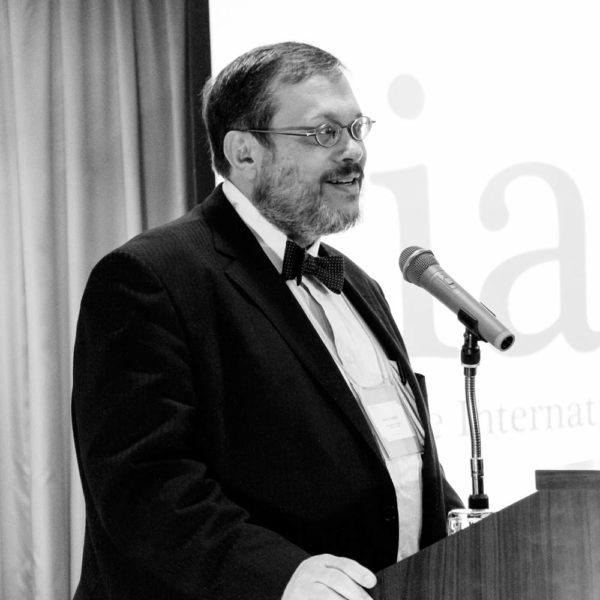 Steve Cornwell (1956-2022)The International Academic Forum (IAFOR) & Osaka Jogakuin University, Japan
Steve Cornwell (1956-2022)The International Academic Forum (IAFOR) & Osaka Jogakuin University, Japan -
 Georges DepeyrotFrench National Center for Scientific Research (CNRS), France
Georges DepeyrotFrench National Center for Scientific Research (CNRS), France -
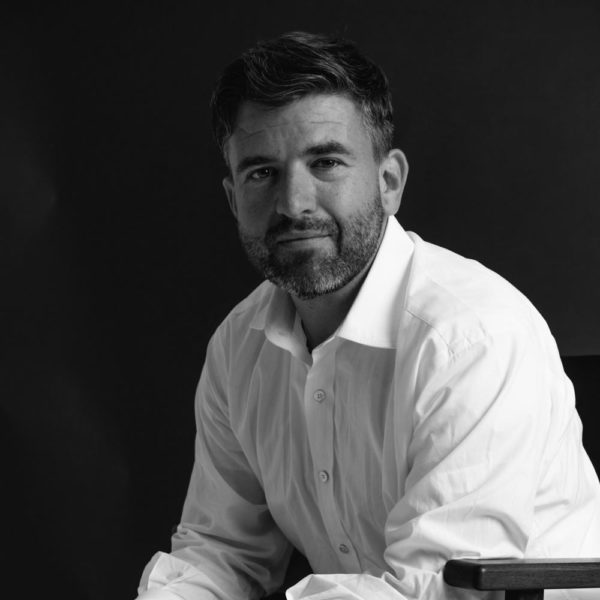 Joseph HaldaneThe International Academic Forum (IAFOR), Japan
Joseph HaldaneThe International Academic Forum (IAFOR), Japan -
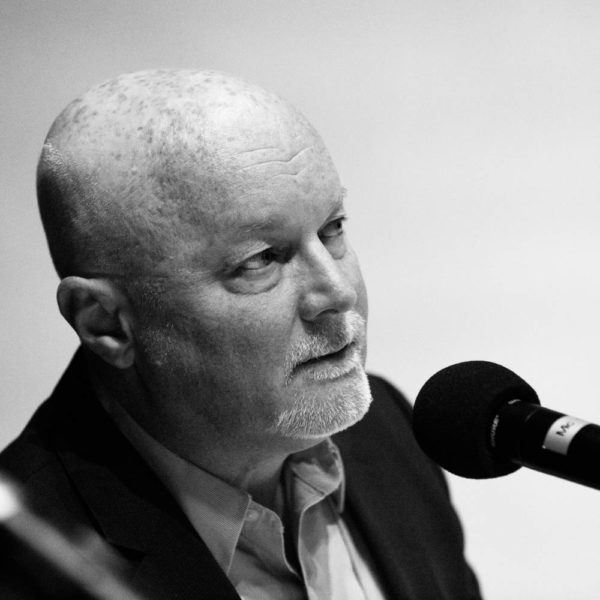 Donald E. HallBinghamton University, United States
Donald E. HallBinghamton University, United States -
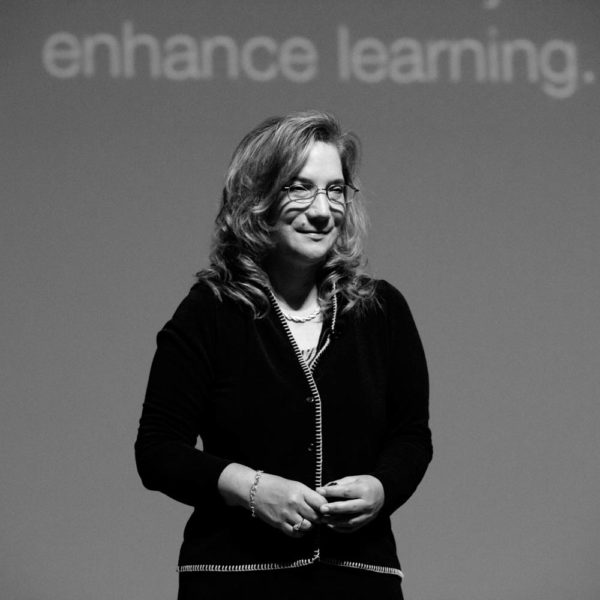 Barbara LockeeVirginia Tech, USA
Barbara LockeeVirginia Tech, USA -
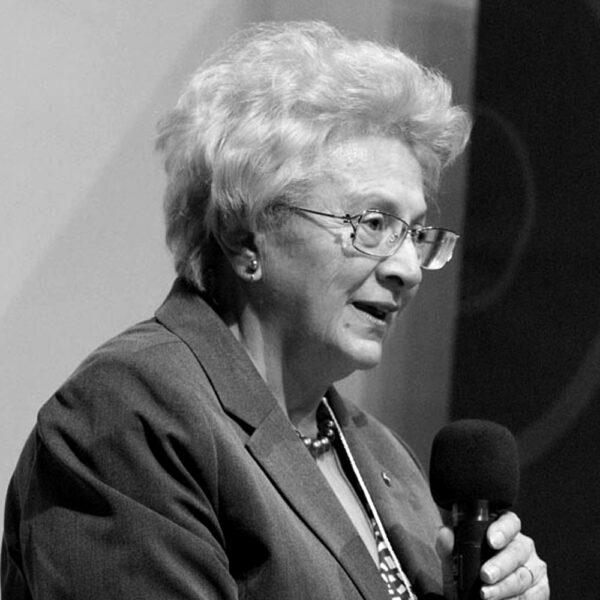 Ljiljana MarkovicEuropean Center for Peace and Development (ECPD), United Nations University for Peace
Ljiljana MarkovicEuropean Center for Peace and Development (ECPD), United Nations University for Peace -
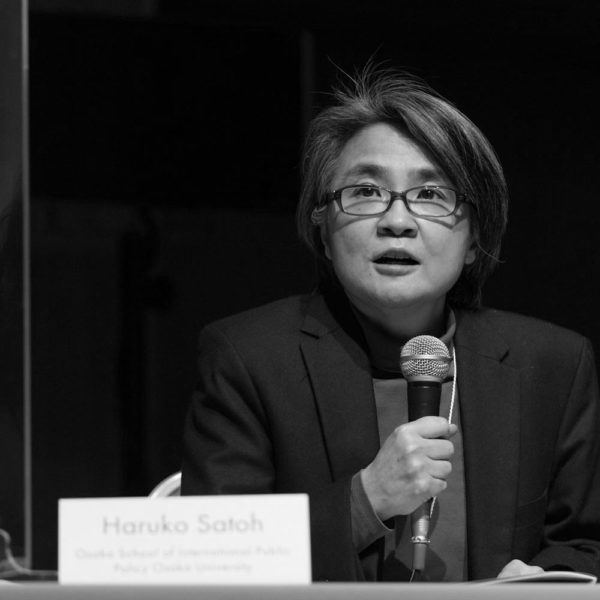 Haruko SatohOsaka School of International Public Policy (OSIPP), Osaka University, Japan
Haruko SatohOsaka School of International Public Policy (OSIPP), Osaka University, Japan -
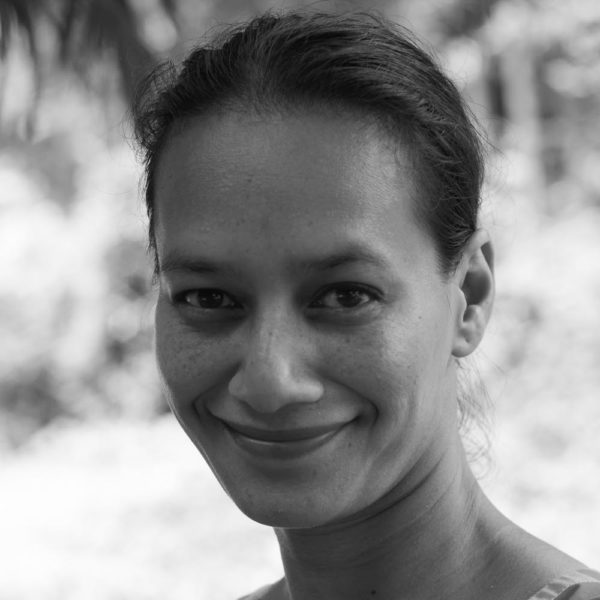 Krisna UkAssociation for Asian Studies (AAS)
Krisna UkAssociation for Asian Studies (AAS)
PCAH2023 Review Committee
- Dr Grant Black, Chuo University, Japan
- Professor Georges Depeyrot, French National Center for Scientific Research (CNRS), France
- Professor Donald Hall, Rochester University, United States
- Dr Barbara Lockee, Virginia Tech, United States
- Professor Ljiljana Markovic, University of Belgrade, Serbia
- Professor Haruko Satoh, Osaka University, Japan
- Dr Krisna Uk, Association for Asian Studies (AAS)
IAFOR Research Centre (IRC) – “Innovation and Value Initiative”
The IAFOR Research Centre (IRC) is housed within Osaka University’s School of International Public Policy (OSIPP), and in June 2018 the IRC began an ambitious new “Innovation and Value Initiative”. Officially launched at the United Nations in a special UN-IAFOR Collaborative Session, the initiative seeks to bring together the best in interdisciplinary research around the concept of value, on how value can be recognised, and measured, and how this can help us address issues and solve problems, from the local to the global.
Conference Outline
Location: Online
10:05-10:20: Online Conference Opening Address
Joseph Haldane, IAFOR, Japan
10:20-12:00: Livestream Presentation Session 1
Room A: Interdisciplinary Education
63043 | The Effects of Different Early Literacy Programs On Reading and Creative Thinking Demonstrated in Taiwanese Primary School
64047 | Professional Development of Teachers: Comparison of Czech and Russian Educational Systems
63913 | Distinguishing Oneself: Motivations and Expectations of International Students at a Sino-Foreign Institution in China
63325 | Mathematics Therapy in Mental Disorders
Room B: Interdisciplinary Education & Society
63787 | The Impacts of the COVID-19 Pandemic on Children With Special Educational Needs, and Their Parents
62625 | How has our Perspective on the Importance of Education Changed After the Pandemic?
63265 | Is Inclusive Education Possible in an Unequal Society?
Room C: Foreign Languages Education & Applied Linguistics
63834 | Liberty, Equality, Fraternity: Trauma-informed English Language Teaching to Adults
63953 | University Students’ Perceptions of Using a Communication Platform for English Speaking Courses
63764 | Fostering Global Skills in the EFL Classroom through Forms of Online Collaborative International Learning
62879 | The Importance of Maintaining a Heritage Language for the Acquisition of French (L3)
12:00-12:10: Break
12:10-13:25: Livestream Presentation Session 2
Room A: Interdisciplinary Language
63974 | From Self to Selfie: The Study of Artists’ Respond to Self-Representation in the Social Media Age
62430 | Adapting to Language Norms in the New Normal
62942 | “Usefulness without Use”, or, the Power of the Virtual: Lu Xun, Biopolitics, and the Efficacy of Literature
Room B: Media, Film Studies, Theatre, Communication
62938 | Story Metamorphosis in the Age of Metaverse and Artificial Intelligence
64011 | Narrating National Identity through Visual Political Communications in Mega-media Events: Imagetextual analysis on Beijing Olympic Games 2008 and 2022
62996 | Re-Structuring the Multilayer of Japanese Cultural Agents-Actors Towards Thailand from 1970s to its Way in 2010s
Room C: Interdisciplinary Arts
64002 | Photopoetry as you have never Read/ Seen before: A Study of Alaa Abdel-Hadi’s Shagin (2003)
64013 | An Ethnographic Study on the Self-identity and Cultural Integration of Overseas Cantonese in the UK in a Multicultural Context
63040 | Empowering Biracial Identity Through Art
13:25-13:35: Break
13:35-14:50: Livestream Presentation Session 3
Room A: Interdisciplinary Education
61932 | Design Options and Learning Analytic Pathways in Doing Agile Scrum Team Work in Education
63762 | Recommender Systems for Education: A Case of Study Using Formative Assessments
63903 | A Precursor to Change: How Understanding Faculty Change Readiness Can Support EDI Change Initiatives
Room B: Interdisciplinary Education & Society
63095 | Education (Digitalization of Teaching): One of the Difficulties in the Social Inclusion of Children With Disabilities
63287 | Supporting Students With Disabilities Transition From High School to College
62981 | Indigenous Sensitized Teacher Education Program: The Missing Aspect
Room C: Higher Education
63607 | Exploring the Realities of Sexually Diverse Students in Higher Education in the African Context: A Case of a Lesotho University
63678 | The Negotiation of Academic Citizenship and Identity in Research Universities: Experiences of UK and Philippine Academic Staff
63647 | Developing Teaching and Learning Resources for L2 Learners’ English Academic Writing: Preliminary Findings in a National University in Japan
14:50-15:00: Break
15:00-16:40: Livestream Presentation Session 4
Room A: Foreign Languages Education & Applied Linguistics
63009 | Adapting Materials to Teach Mixed-ability Classes
62604 | Use of Comics for Enhancing Productive Skills and Motivation in Dental Students
63731 | Song Creation With Familiar Music for Young EFL Students
63628 | Impact of WhatsApp on EFL Learners’ Reading Abilities
Room B: Teaching Experiences, Pedagogy, Practice & Praxis
62970 | Measuring Digital Readiness among TLE Teachers: An Assessment of the State of New Normal Classroom Setup in Cluster VII
62631 | Learning to Teach Online During the Pandemic: Chilean EFL Pre-service Teachers’ Experiences in their First Online Practicum
63750 | New Teacher Resilience: Impact of COVID-19 on New Teacher Retention and Perceived Supports
63718 | Factors Impacting to Tvet Engineering Students’ High Dropout During Remote Teaching and Learning
Room C: Curriculum Design & Development
63722 | The Wonders of Customized and Present Virtual Reality within the Curriculum
62941 | Personal Viewpoint Ethnography Utilizing GoPro™ Cameras to Capture Student Information Seeking in School Libraries
62589 | “The Art of Seeing” and Envisioning Cultures in VR
Location: Maison de la Chimie
14:30-15:00: Conference Registration | Salle 251
15:00-15:15: Welcome Address & Recognition of IAFOR Scholarship Winners | Salle 262
Joseph Haldane, IAFOR, Japan
15:15-16:00: Keynote Presentation | Salle 262
Knowledge sans Frontières
Tim Gore, University of London Institute in Paris, France
16:00-16:30: Panel Presentation | Salle 262
Presentation and International Discussion on The Cambridge Handbook of Undergraduate Research
Judith Lehmann, Heinrich Böll Foundation, Germany
Harald A. Mieg, Humboldt-Universität zu Berlin, Germany
Grant Black, Chuo University, Japan (Moderator)
16:30-17:00: Extended Coffee Break | Salle 251
17:00-18:30: Panel Presentation | Salle 262
Whose Heritage? Reconsidering the Museum as a Global Commons
Georges Depeyrot, French National Center for Scientific Research (CNRS), France (Moderator)
Keynote Presentation (16:30-17:15)
From Nazi Spoliations to Ongoing Restitutions in the 21st Century, an Official French Cultural Point of View
Anne Liskenne, La Grande Chancellerie de la Légion d’Honneur, France
Keynote Presentation (17:15-18:00)
Restitution of African Cultural Heritage and Its Challenges
Guido Gryseels, Royal Museum for Central Africa (RMCA), Belgium
18:00-18:45: Conference Photograph | Salle 262
Location: Maison de la Chimie
09:00-10:15: On-site Parallel Session 1
Salle 269: Arts - Teaching and Learning the Arts
63014 | Examining Music Teacher Identity: Reassessment on Perceptions of Stringed Instrument Teachers During a Pandemic
62362 | Collaboration in Asynchronous Learning Networks: An Investigation of Effective Pedagogical Practices in the Musical Ensemble Setting
63111 | Creative Ageing: Research Methods With Older Artists at the School of Fine Arts in Porto
Salle 234: Design, Implementation & Assessment of Innovative Technologies in Education
63991 | Could the Advancement of Artificial Intelligence Replace the Role of Teacher in 21st Century Educational System? A Critical Review Analysis
64007 | What Are the Patterns Between Personality and STEM Attitudes? A Pilot Study With Educational Data Mining Approach
62905 | Students’ Online Engagement and Usage of Discussion Boards on BlackBoard©: A Study from the UAE
Break
62700 | Teaching Arabic To Gen Z During The Pandemic
62123 | The Relationship Between Cognitive Linguistic Approach and Right-hemisphere of the Brain in Developing EFL Learners’ Pragmatic Proficiency
63966 | Can a Multimedia Educational Website Enhance Phonetic Training? Benefits, Challenges and Learners’ Perceptions
Salle 233: Nurturing Creativity & Innovation: New, Innovative & Radical Education
63984 | Creative Ideas of Rural Students in Indonesia Toward the Mask Waste Issue Through STEM Activity in the Post COVID-19 Pandemic
63840 | Pedagogy of Creativity: Preparing Educators for Innovative Teaching and Learning
63090 | Retrolearning as an Educational Strategy and Practice
Salle 232: Higher Education
63567 | Spotlighting Student Success: A Stakeholder Approach to Analyzing and Improving Student Performance Through Program Reviews
63891 | Rising Out of the Ashes: A Case Study on Teacher Preparation During a Pandemic
63712 | The Future of Well-being in Higher Education: New Directions from Students’ Perspectives in the UAE
10:15-10:30: Coffee Break | Salle 201
10:30-11:45: On-site Parallel Session 2
Salle 269: Media, Film Studies, Theatre, Communication
63624 | The Influence of Instagram on Consumer Behavior and Brand Community: Effect of Location on Brand Positioning in Northern Cyprus
63044 | Indonesia’s Elimination of Sexual Violence Bill: A Framing Analysis of Coverage by Foreign Online Media
63815 | Mediums, Messages, Massages: Perceptions of Conflict in Social Media Engagement of the Russia-Ukraine War
Salle 234: Foreign Languages Education & Applied Linguistics
62700 | Teaching Arabic To Gen Z During The Pandemic
62123 | The Relationship Between Cognitive Linguistic Approach and Right-hemisphere of the Brain in Developing EFL Learners’ Pragmatic Proficiency
62589 | “The Art of Seeing” and Envisioning Cultures in VR
Salle 233: Professional Training, Development & Concerns in Education
64049 | Teacher Training in Non-formal Science Learning Contexts: Contributions to Elementary Teachers’ Knowledge and Motivation
62386 | Life Dynamics as Language Education and Intercultural Communication Method for Graduating Liberal Arts and Education Students of Jose Rizal University
62988 | Grammatical Laboratories as a Tool for Innovative Grammar Teaching Practices
Break
Salle 232: Higher Education
63956 | Outdoor Fieldwork for Multidisciplinary Undergraduates in Singapore: Design, Implementation and Outcomes
62915 | Leading University-Community Engagement: Female Leaders, Disruption and Resilience
62716 | ‘You’re Getting Two for One With Me’: Community Engagement Professionals and the Carnegie Classification
11:45-11:50: Short Break
11:50-12:30: Featured Presentation | Salle 269
Vincent van Gogh and the Allegory of the Road
Jared Baxter, Independent Researcher, United States
This session will be live-streamed and will be available on catch-up
12:30-13:30: Lunch Break
13:30-14:20: On-site Parallel Session 3
Salle 269: Social Justice, Development & Political Movements (Workshop)
64041 | Crossing Borders: How to Overcome Institutional Barriers to a Pedagogy for Social Justice
Salle 234: Gifted Education, Special Education, Learning Difficulties & Disability (Workshop)
62312 | Senses and Sensibilities: An Inside View on Recognizing and Supporting Individuals with Sensory Issues
Salle 233: Professional Training, Development & Concerns in Education (Workshop)
62045 | Moving Professional Development Training for In-service Teachers Online: Complications and Accomplishments in Project Talent
Salle 232: Learning Experiences, Student Learning & Learner Diversity
63115 | Student Achievement is Elevated within a Positive Learning Environment through Proven, Research-Based Classroom Management Strategies
14:20-14:35: Break
14:35-15:50: On-site Parallel Session 4
Salle 269: Interdisciplinary Arts & Humanities
63988 | Art for Perinatal Loss
62609 | A Perspective of Love: Possible Misconstruction of Loving-Kindness
Salle 234: Challenging & Preserving: Culture, Inter/Multiculturalism & Language
63755 | To What Extent Lebanese University Students Perceive Themselves as Intercultural Communicators
62710 | Using Undergraduate Research Experiences to Foster Transdisciplinary Education in Hawai’i
Salle 233: Education, Sustainability & Society: Social Justice, Development & Political Movements
62912 | Do We Need a Paradigm Shift in Social Work Education? Make Empowerment Happen
63057 | School Shuttering, Racial (In)Justice, and the Fight for Equitable Educational Access
Salle 232: Teaching Experiences, Pedagogy, Practice & Praxis
63831 | How Cultural Orientation influences Culturally Responsive Teaching Attitudes and Practices Among Early Childhood Teachers in the United States
64179 | Post-Covid Infant and Toddler Nursery Environments: Innovations in Early Education That Support Resilience
15:50-16:05: Coffee Break | Salle 201
16:05-17:45: On-site Parallel Session 5
Salle 269: Interdisciplinary Arts
63857 | The Curious Case of a "Lady Oriented Film" From India: Feminist Films, Film Censorship and the Nature of Indian Democracy
62966 | Through the Lens of Contemporary Photographers: Aspiration Towards Modernity, a Resistance from Behind the Scenes in Iran
63591 | Digital Black Counterpublics: Leveraging Technology for Impact, Engaged Research, and Territorializing the Freedom Colony Diaspora
63248 | Narrators of the Historical Memory of San Basilio de Palenque: A Decolonial Project of the Kuchá Suto Collective Youth
Salle 234: Learning Experiences, Student Learning & Learner Diversity
63939 | Implementing Multicultural Teacher Education- Lessons Learned From One University
63464 | Using Empathy as a Core Teaching Strategy: From Persona Profiles to VR Experiential Learning
62497 | The Relation Between Bullying at School and Cyberbullying – Risk and Protective Factors
63074 | A Longitudinal Study of Sibling Bullying and Mental Health in Adolescents with Autism Spectrum Conditions: The Role of Self-Esteem
Salle 233: Teaching Experiences, Pedagogy, Practice & Praxis
63387 | Nurturing Resilience Amongst Pre-service Teachers: Critical Reflections of Teacher Educators in the South African Context
63606 | The Impact of the COVID-19 on Teachers’ Sense of Efficacy and their Attitudes Towards Online Learning
63635 | Post Pandemic Issues and their Effect on Teacher Retention in the United States
62314 | Teacher Attitudes Towards Online Teaching in the Covid Pandemic
Salle 232: Interdisciplinary
63700 | Use Free Research-Supported Resources to Improve Learning Environments, Ensure Academic Integrity and Help All Students Succeed
63881 | iBEARS: An Interdisciplinary Method for Teaching Young Students to be Scientists
62978 | Using Hybrid Language in Scientific Process Instruction as Perceived by Teacher Educators – TE’s Self-study
63972 | Rethinking University Agendas in an Uncertain World: Implications for Curriculum Design and Delivery
17:45-17:55: Short Break
17:55-18:40: Panel Presentation | Salle 269 & Online
Undergraduate Research – Best Practices from an International Perspective
Martín Aiello, National University of Tres de Febrero (UNTREF), Argentina
Harald A. Mieg, Humboldt-Universität zu Berlin, Germany (Moderator)
This session will be live-streamed and will be available on catch-up
Location: Maison de la Chimie
09:00-10:40: On-site Parallel Session 1
Salle 269: Language Development & Literacy
63839 | Modern Multimedia Language Labs in Foreign Language Education
62587 | To Kill More Birds with One Stone: Re-examining the Functions of Cross-linguistic Mixings Used by Multilingual Children
63652 | Text Summarization of News in Tamil Epaper Using Machine Learning
63813 | How Does CEFR-B2 Relate to IELTS Band Scores and Academic Vocabulary Scores?
Salle 234: Learning Experiences, Student Learning & Learner Diversity
64268 | Changing Trends and Attitudes After Online Education
64052 | A Pilot Study of Nursing Students’ Use of Mobile Devices in Online Learning
63038 | Marketing Strategies in the Literature Class to Create Active Learners
63118 | The Use of Technology to Overcome Transitional Challenges of First Year Students from Face-to-Face to Online
Salle 233: Higher Education
63530 | Cross-cultural Learning Experiences Among Graduate Students in France and the United States: A Case Study
63138 | A Hybrid PhD: Preparing Globally Responsive Higher Education Leaders
62620 | Entrepreneurship Education as Part of Higher Education Reform in Egypt
Salle 232: Adult and Continuing Education
62500 | Using AI to Boost Labour Market Correspondence After Receiving a Diploma in ITC Industry
63907 | A Critical Analysis of Initial Assessment Procedures in Adult and Community Learning in the UK
62986 | The Rising Importance of Soft Skills for IT-Students: Working Online in Agile Globally Distributed Teams During the Pandemic
64025 | Empowering Vocational Students to Meet the Future Job Market Needs by Applying Project-based Methods in TVET Education
10:40-10:55: Coffee Break | Salle 201
10:55-12:10: On-site Parallel Session 2
Salle 269: Interdisciplinary Arts & Paris
64009 | East Versus East: The Failure of Ilya Repin’s Parisian Cafe at the 1875 Paris Salon
63011 | New Revolutions in the Arts, Humanities and Education: Past, Paris 2022 and Future
64251 | Coffee and Protest: The Origins of the New Left and Student Protests Movements of the 1960s Against the Status Quo
Salle 234: Educational Policy, Leadership, Management & Administration
63996 | Grade Repetition in Spain: Exploring the Reasons Behind an Ineffective Educational Measure
63053 | Policy Consultations: Do Communities ‘Really’ Participate in Making the Decisions That Matter to Them? – Finding Evidence of the Evidence
62916 | Managing Schools for Success: A Multi-source Inquiry
Salle 233: Education & Difference: Gifted Education, Special Education, Learning Difficulties & Disability
63841 | Academic Self-Concepts and Social-Emotional Factors in Gifted Identified Children and Adolescents
63116 | Becoming More Resilient through Social Media: Deaf Users of Reddit
64176 | Resilience and Extreme Situations
Salle 232: Foreign Languages Education & Applied Linguistics
63042 | Discussing “Self” Through Process-Focused ESL Writing Lessons
63119 | Influences of Literature-to-film Adaptations in TEFL Undergraduates’ Reading Interest
12:10-13:10: Lunch Break
13:10-14:00: On-site Parallel Session 3
Salle 269: No Sessions Scheduled
Salle 234: Higher Education (Workshop)
63849 | Flipping the Virtual Classroom: Tools, Techniques, and Strategies for Enhancing the Online Experience
Salle 233: Teaching Experiences, Pedagogy, Practice & Praxis (Workshop)
63006 | Engage Your Students to Respond to Instruction Through Differentiation Strategies That Promote Self-efficacy, Connectedness and Relevancy, Attention and Interest
Salle 232: Gifted Education, Special Education, Learning Difficulties & Disability (Workshop)
63379 | “You Don’t Look Like You Have a Disability”: Putting a Spotlight on the Spectrum
14:00-14:15: Coffee Break | Salle 201
14:15-15:55: On-site Parallel Session 4
Salle 269: Literature & Arts
62807 | Teaching Pride and Prejudice in New Media Forms Utilising Critical Literacies
64113 | The Creative Writing Workshop in the Virtual Space
62885 | Evolving Mango Metaphor in Diaspora Literature
64039 | Re-reading Japanese Literature in the Anthropocene: Escaping from Empire and Moving toward Gender Equality and East Asian Community
Salle 234: Teaching Experiences, Pedagogy, Practice & Praxis
63999 | Exploring a Standardized Training Framework that Provides Individualized Student Experiences
63882 | Digital Humanities and Maker Pedagogy to Teach the Shoah in 2022
64050 | A Novel Approach to Problem Solving – The Use of Sustainable Development and Circular Economy in Project-based Method (Integrated Design)
63181 | Teaching Real-Time Programming for Embedded Microcontrollers by using Cloud-Based Simulator
Salle 233: Teaching Experiences, Pedagogy, Practice & Praxis
64118 | Language Assessment Literacy: Mainstream Teachers’ Knowledge and Practice With English Learners in the USA
63904 | Resilience and Advocacy: Exploring the Legacy of Slavery With International ESL/EFL Students
63523 | Exploring Resilience in Indigenous Pewuenche Teachers in Alto Bíobio, Chile – Sharing Experiences From Four Case Studies
62965 | The Power of Syncronous Sessions in Distance Education: Building Community and Resilience in the Age of COVID-19
Salle 232: No Sessions Scheduled
15:55-16:05: Closing Session
Joseph Haldane, IAFOR, Japan
63943 | Envisioning the Future: Ten Keys to Enhance Resilience Predictors Among Inmates
64018 | USA Rural High School Students Creating Safe Spaces to Develop Community-Focused Techno-Social Projects
63935 | The Practice of Curriculum Leadership at a Senior High School in Southern Rural Area in Taiwan
63519 | Utilizing Co-creation Method in Learning Marketing and Design Skills – Experiences of Made in Maaseutu Project During the Covid-19 Pandemic
Pre-Recorded Video Presentations
63666 | “Forms”: Creating Visual Composition Through the Movement of Dance and Artificial Intelligence
64036 | Semi-Finished: A Reflection on VR Painting Practice
63050 | Musical Composition: Nora Overture for Big Band Ensemble
64031 | Maternal Love in the Blank: Charlotte Kann’s Pleasant Days in Life? or Theatre?
64008 | The Mediatization of Folk Art: From Narrative Study of Paper Cutting in Fujian, China
64014 | Read the Clock and Take your Time: Museum-University Collaboration Model from Zero to One
62516 | The Development of Practice and Learning System of Khon
62542 | The Arrangement of Lagudua Song in Duet Style for Violin
62682 | Music Composition: Nora Suite for Saxophone Quartet
63997 | Creative Storytelling in Arts and Design From the Perspective of Interaction
62330 | “Sorry, My Birthday Party Has Been Cancelled.” – Considerations of Puppetry and Conscious Literature Education on Serious Themes of Covid-2019 and Climate Exchange in Early Childhood Education
63429 | Reimaging Academic Operations with APL nextED Faculty Management System/Portal
64026 | Resistance and Freedom and the Lived Experiences of French Jews in the Works of Samuel Beckett
63605 | The Place of Memory and the Memory of Place
62210 | Sociocultural Issues Experienced by Adults Learning Maltese as a Second Language
62923 | We Love to Hate ‘Emily in Paris’ Because We Love to Hate Ourselves: American Female Viewer’s Ambivalence to “Emily”
64054 | Research on the Application of Virtual Reality in the Field of Handicrafts
63949 | The Role of Trauma-Informed Teaching and Learning in Building Resilience Among Racial-Ethnic Minority University Students During COVID‐19 and Beyond
63235 | Students’ Experience Two Years Into the Pandemic at a Bulgarian University
63837 | A Redesign of Principal Education Program During the COVID-19 Crisis
63862 | Designing for the Future: Professionalizing the Field of Curriculum Design in the Age of EdTech
62712 | A Computer-based Interactive Program for Teaching the Psychological Theory of Lev Vygotsky
63767 | Teacher Beliefs of Educating Diverse Students in Inclusive Settings
63917 | DDMATH: New Approaches for Teaching Mathematics to Blind and Visually Impaired Students
63223 | Resilient Modelling for Sustainability Communication: Developing an Adaptive Organization Sustainability Communication Model (OSCM)
63701 | Right to Education of the Marginalized Communities in India
63041 | Interrelation between Working Memory & Consciousness Consequent SLA
64060 | What Relationship Do Students Have With Mathematics? A Survey in Primary Schools in Martinique, France
62182 | Enhancing Online Post-secondary Learning Experiences Through Meaningful Interactions in FSL
62778 | Learning and Teaching TESOL Online During the Pandemic – Experiences From Chinese International Students and Their Lecturer in New Zealand
63103 | Pronunciation – Phonological Awareness Training for Tertiary ESL Students to Enhance Academic Experience – On and Off Campus
63869 | The Translation and Dissemination of Wuthering Heights in China from the Perspective of Pierre Bourdieu’s Field Theory
64016 | Identifying Ideologies of War and Peace in EFL Reading Material for Peace Education: A Systemic Functional Linguistics Approach
63001 | Delivery Formats, Course Persistence, and Completion Rate: A Comparison of Online, Face to Face (F2F), and Blended Developmental Courses
63056 | Higher Education: The Future is Blended
63211 | Understanding Pain by Working It Out: Teaching Literature Interactively to Build Resilience
63945 | Interpreting International Students Experiences in Terms of Their Higher Education Integration
63961 | Centralization of Faculty Systems/Processes for an Improved Faculty Experience
64048 | Indicators to Manage the Enjoy-Learn Impact of Kahoot on the Engagement Learning
63899 | Resilience, Social Support, and Coping in First-Generation Immigrant University Students in the Era of COVID‐19‐related Depression, Anxiety and Stress
63079 | Village to City: Intercultural Experientialities of Global South Students in Canadian Higher Education
62798 | Dealing with Mathematics Anxiety in This Time of COVID-19
62969 | The Effects of the Concept-mapping Method on International Students’ Learning and Perceptions
63117 | Online Learning Perceptions and Online Learning Self-efficacy: Do Students’ Characteristics and Access to Technology Matter?
63692 | Internationalization at Home through the Pandemic Era: A Qualitative Study on Tertiary Students in Hong Kong and Japan
63861 | Why Parents Do What They Do: Developing and Validating a Survey for the Mathematical Lives of Parents and Children
63414 | 21st Century Education Model: We Need Museums Now More Than Ever
63690 | How Preschool Children Articulate Learning Through Polaroid Photography
64106 | Developing Imaginative Thinking : A Qualitative Study of Animation Curricula in Institutes of Higher Learning (IHL), Singapore
62557 | Foster Critical Thinking Skills through Movies and Multimedia
63188 | Effectiveness of Bite-sized Learning: The Certis Continuing Professional Development Study
63645 | 3. Multimodal Learning

